
Jesus often called himself the Son of Man or the Human One. As the consummate human, he both shared and showed God's vision for a whole new way of life.
What would the world look like if things were done on earth as they are in heaven? If everyone always acted in love? That would certainly require a new way of being human!
Nowhere is that description more memorable and meaningful than in his most well-known teaching, the Sermon on the Mount.
Jesus isn't just giving us a new ethical system or moral code in Matthew 5, 6 and 7. He's developing our imagination for a new kind of world and inviting us to begin living in it right now.
Explore these surprising, beautiful and compelling teachings as we learn from Jesus how to love like Jesus and live as Jesus would if he lived in the 573.
But take note—getting in on this vision will require nothing less from us than Becoming Human Again.

SERIES 10
Choices
Matthew 7:6-7
Life is a series of decisions. Jesus concludes his Sermon on the Mount by showing us that we get to choose between two ways of living—good or bad, wise or foolish, life or death.

Week 2: Life or Death
Scripture: Matthew 7:12-14; 1 Corinthians 15:21-22; 2 Corinthians 5:14-15, 19; Romans 5:18-20
What is the difference between the narrow and wide path? How do we hold the tension between the idea that Jesus died and gave life to all but people are still free to choose death and reject this gift of life? And how can we embrace the life that comes with the narrow path?

Week 3: Good or Bad
Scripture: Matthew 7:15-23; Galatians 5:19-26
The difference between true and false prophets and true and false disciples is evidenced by good and bad fruit. Discerning between them is essential for choosing life over death.

Week 4: Wise or Foolish
Scripture: Matthew 7:24-28; 2 Corinthians 5:14-15
The difference between wise and foolish people is the difference between just hearing and believing Jesus’s teachings or putting them into practice. Jesus ends the Sermon on the Mount with a radical call to action.

SERIES 9
No Judgment
Matthew 7:1-5
To judge another person we must prove them unworthy. But Jesus calls us to see everyone as much-loved children of God and to leave the judgment to him.
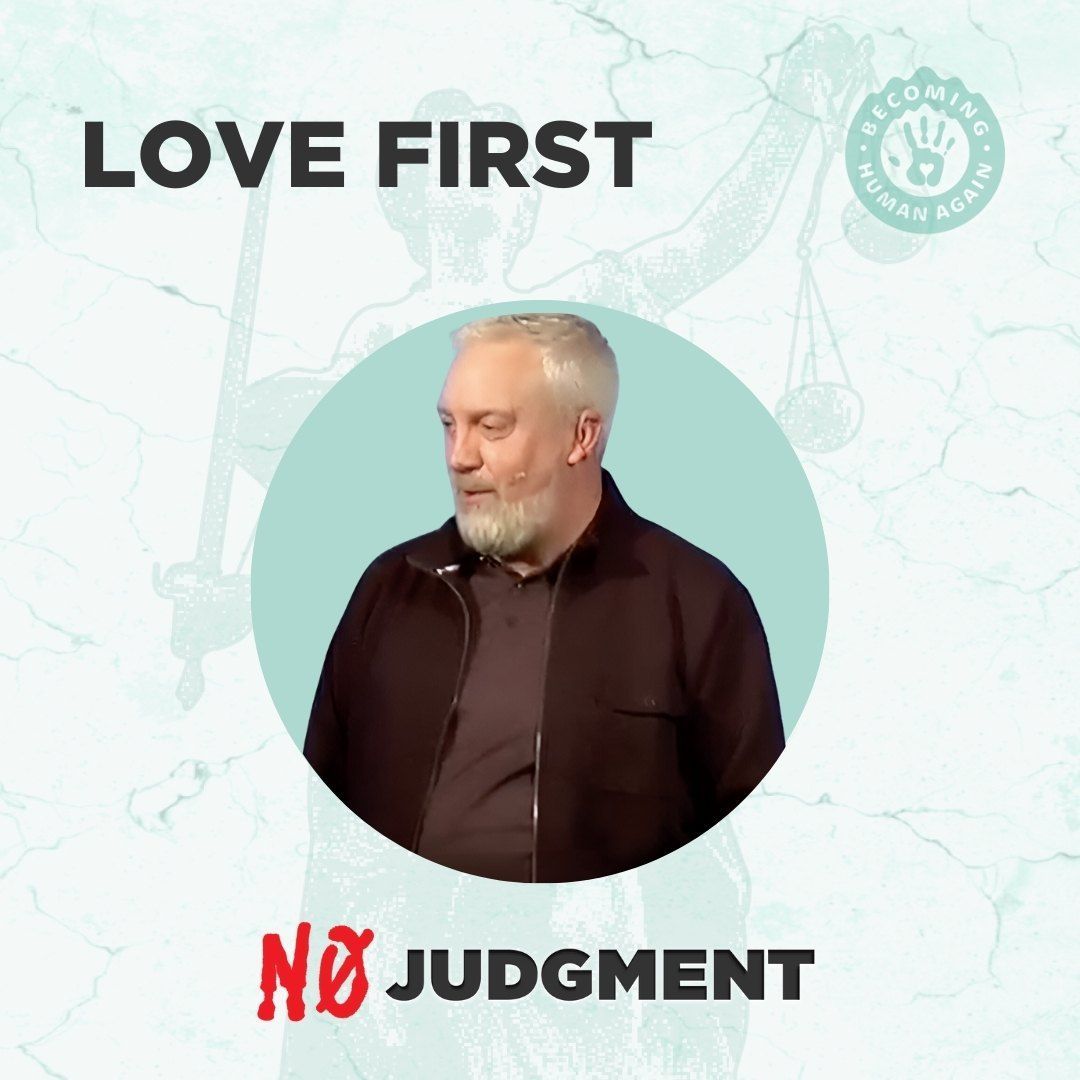
Week 1: Love First
Scripture: Matthew 7:1-2
To live in love as defined by Christ on the cross is our all-important challenge, even though it goes against the grain of a culture dominated by divisiveness and judgment.
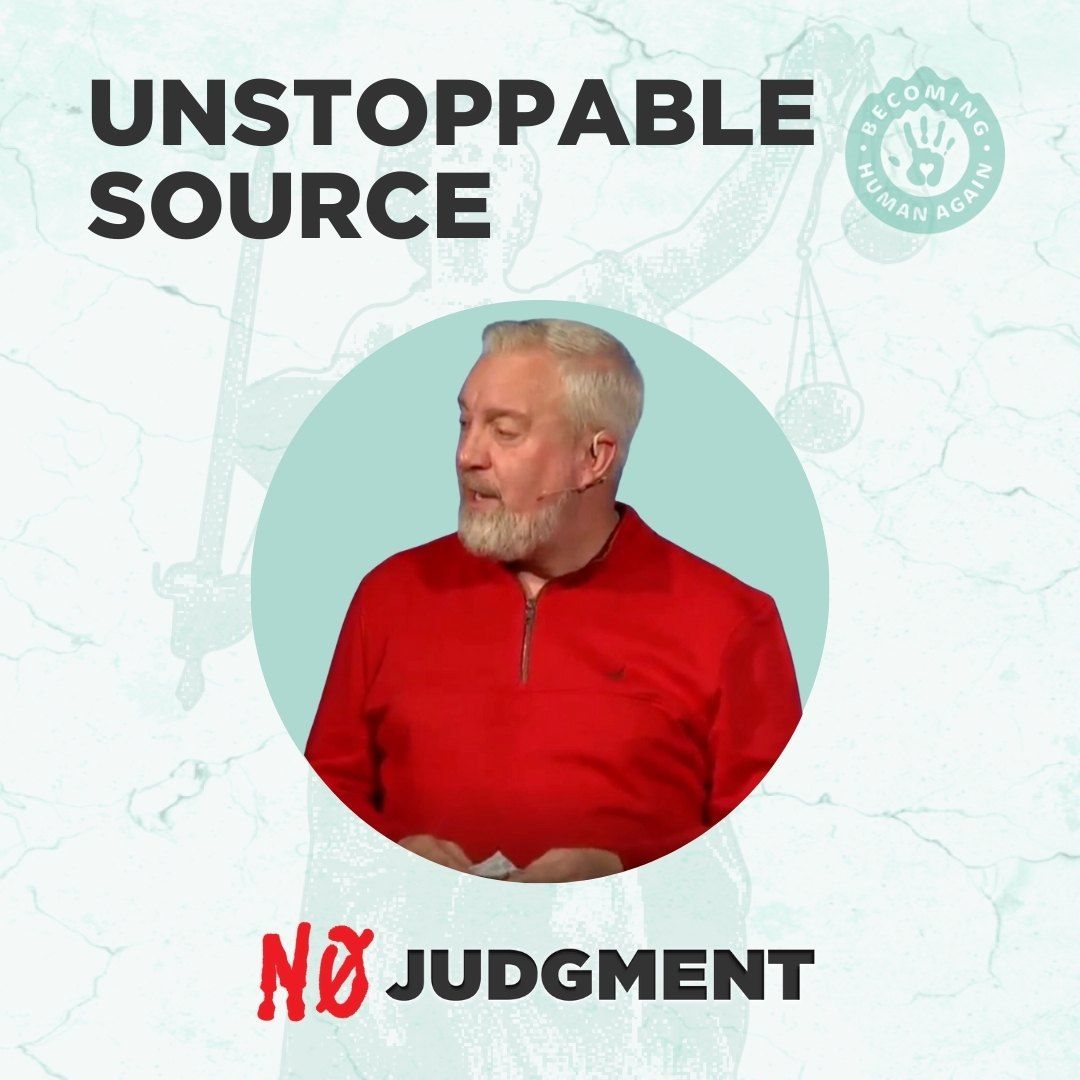
Week 2: Unstoppable Source
Scripture: John 17:20-23, 26
God calls us to replicate the love of the cross instead of passing judgment on others. We do this as we live into the reality of our inclusion in God’s love and our identity in Christ, as part of the cruciform, Triune love that God is.
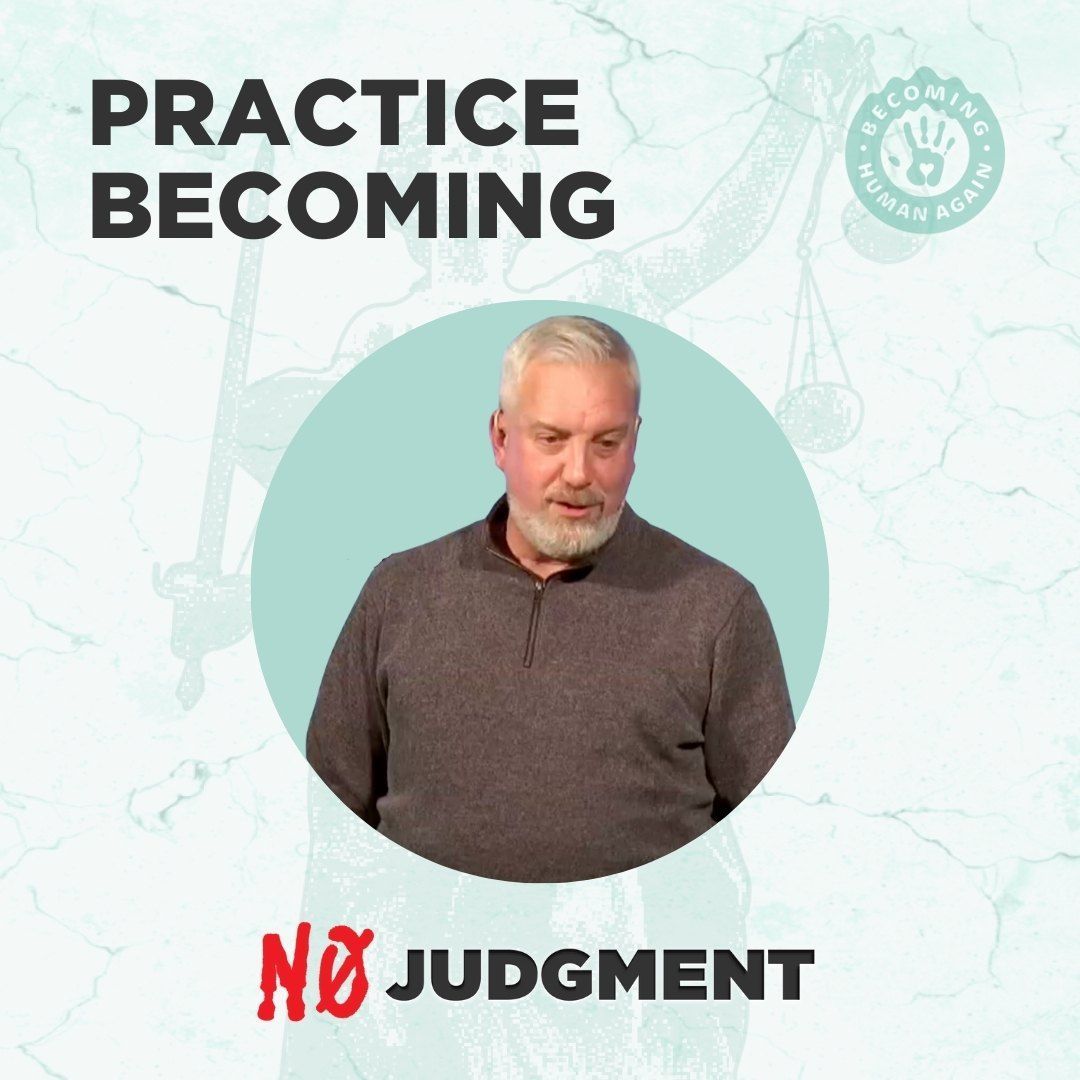
Week 3: Practice Becoming
Scripture: 1 Corinthians 9:24-27
We become what we practice. We practice what we imagine is the goal of where we are going. As Christ followers, our goal is living in love, so we practice love to become more loving. This confronts and blows apart the system of judgment by which the world lives.

Week 4: Slow Burn
Scripture: Matthew 7:1-3
Our response when we are judged is shaped by God’s perspective, not by how the world teaches us to respond.
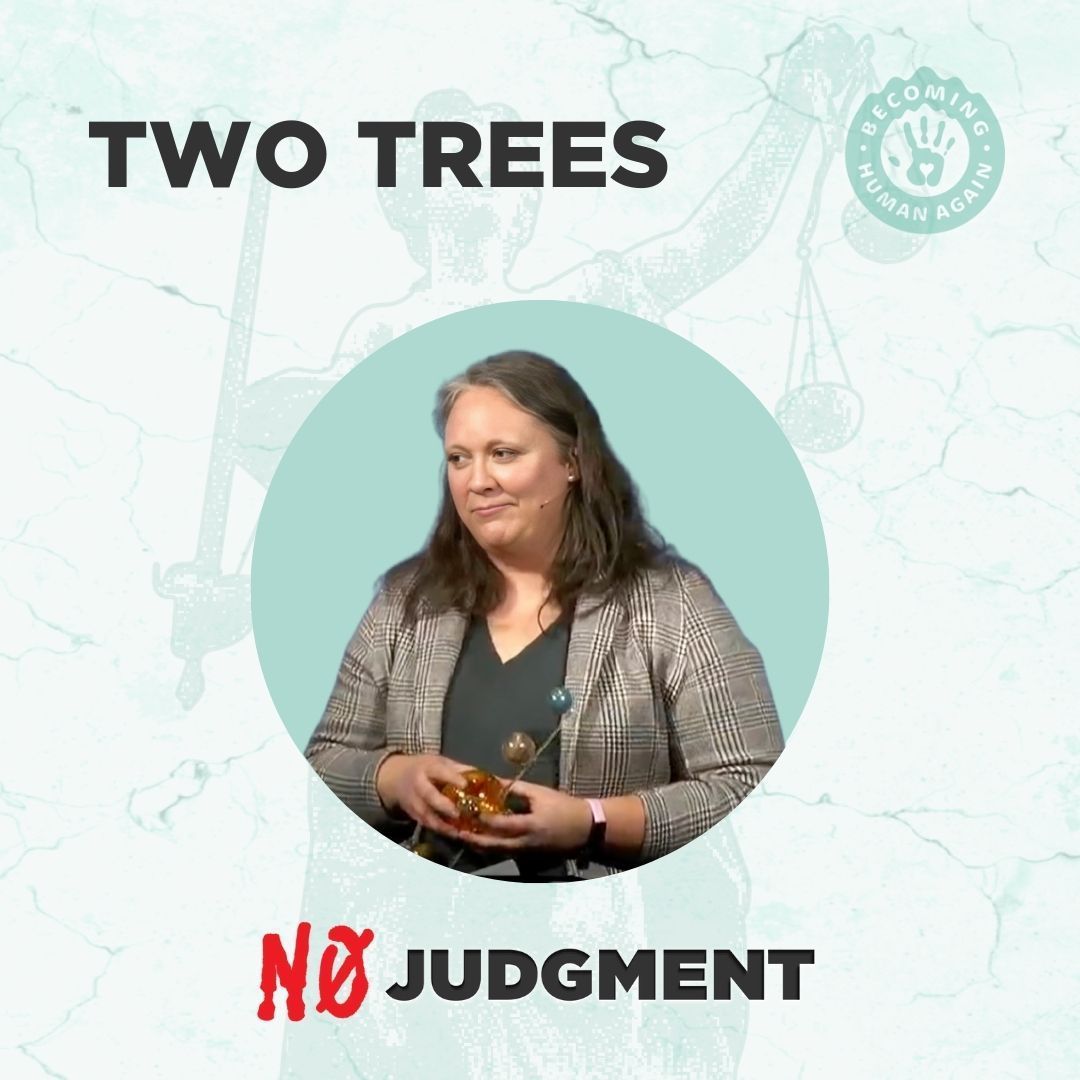
Week 5: Two Trees
Scripture: Genesis 2:9; 3:1-8
There were two trees in the Garden of Eden, one representing where we get our true life and one representing what steals life from us. When we lose our true center, we orbit a false center resulting in perpetual judgment of others.

Week 6: Fake News
Scripture: Genesis 3:1-7
Genesis 3 identifies the lies at the root of all that is wrong with the world, fakes news about God, ourselves, and others. Destruction results when we act as if the lies are true.

Week 7: High Horse
Scripture: Matthew 7:1-5
Non-judgment means we don’t see ourselves as superior to others. Instead, we live in relationship with them, humbly receiving feedback from them.
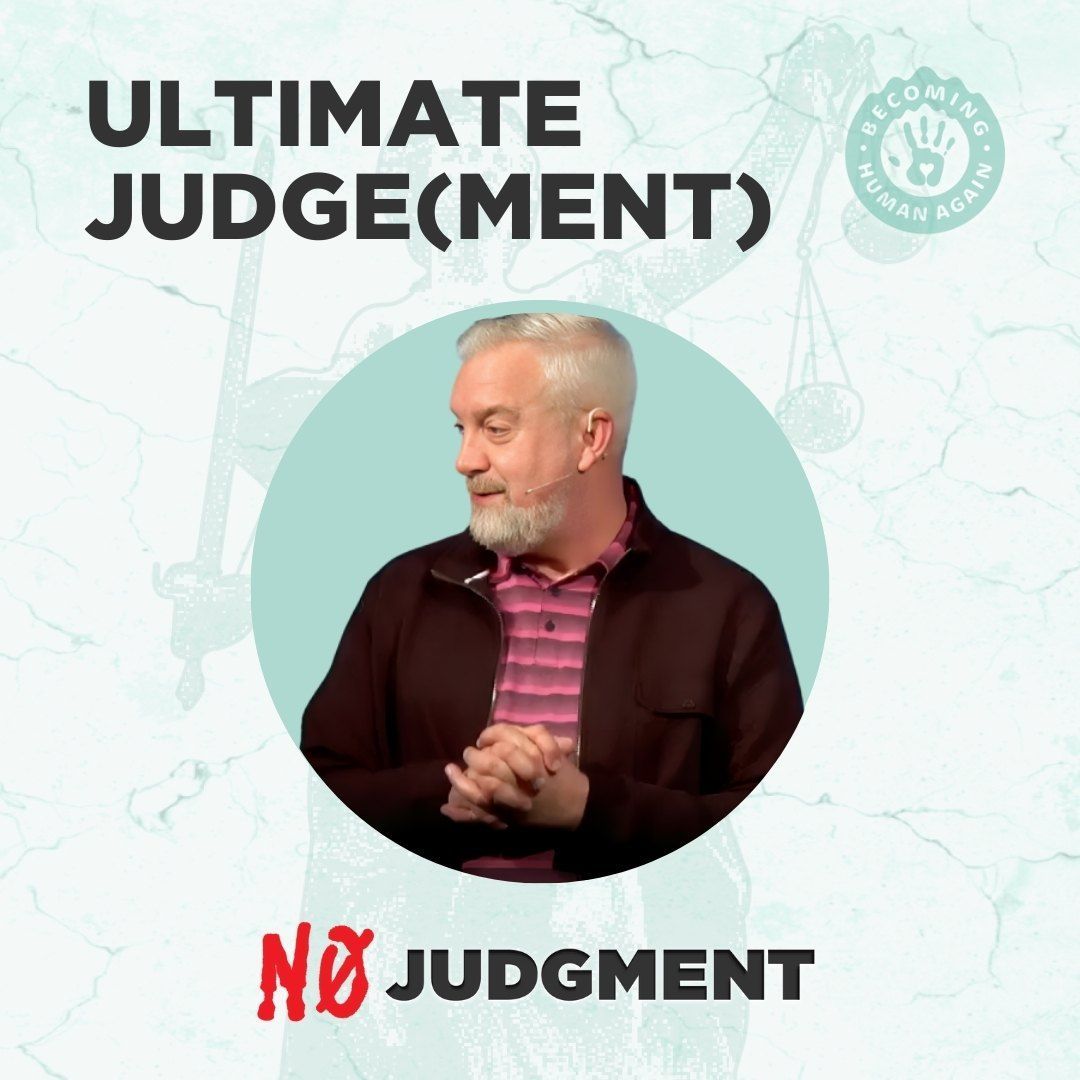
Week 8: Ultimate Judge(ment)
Scripture: Matthew 24:32-34; Romans 8:32
What does it mean for God to be the ultimate judge and what will his final judgment look like?

SERIES 8
Treasure
Matthew 6:16-34
Jesus had a lot to say about people who were all show and no substance. He’s still inviting people to replace spiritual performances with practices that cultivate a meaningful connection with God.

Week 1: Secret Rewards
Scripture: Matthew 6:16-21
The reward for secrecy is the beauty of the character we develop when we learn to be motivated by God’s will rather than social applause.
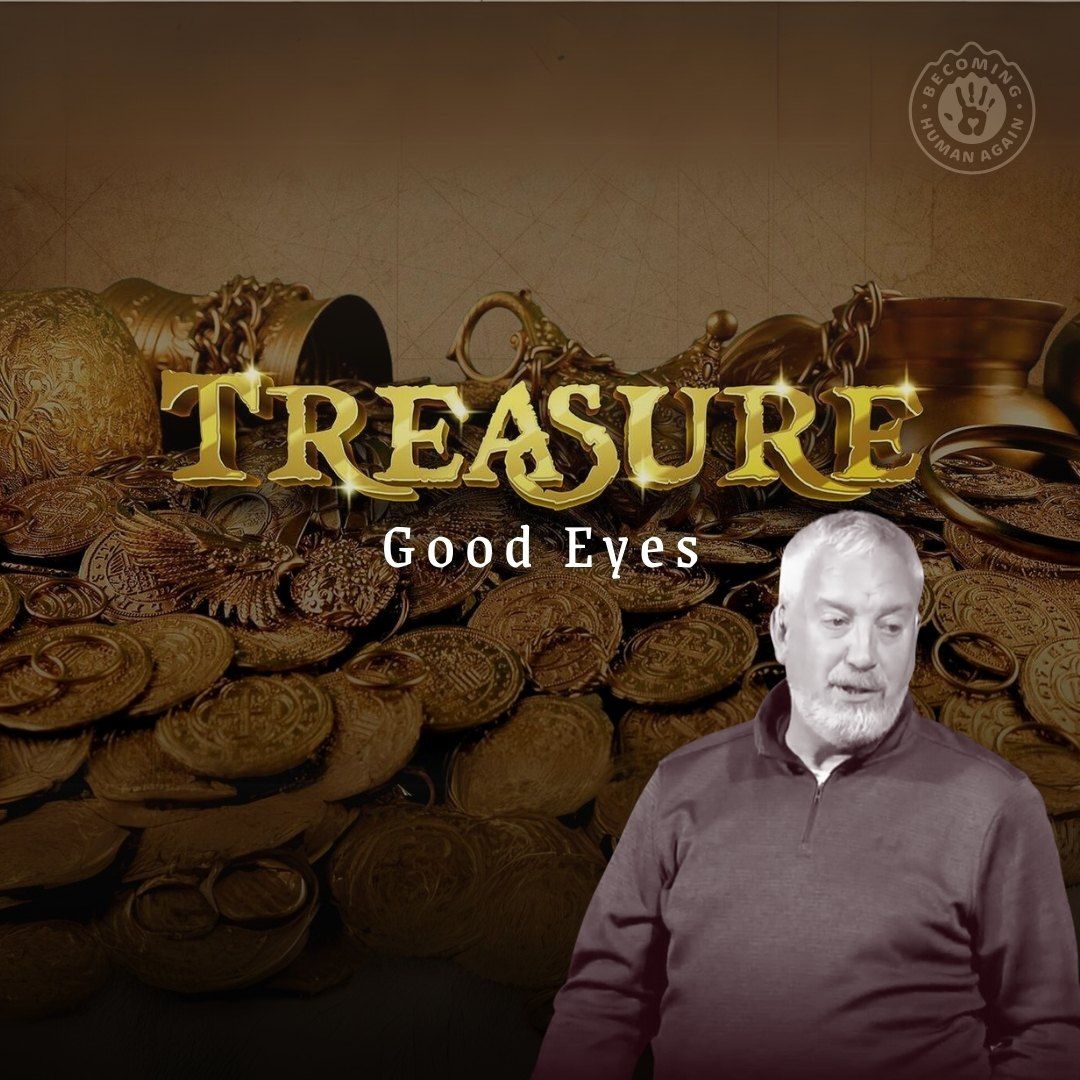
Week 2: Good Eyes
Scripture: Matthew 6:22-23
Jesus taught us that what we see is shaped by how our eyes are trained to see. If our eye is bad, our sight is corrupted. Good eyes help us see the world aright.
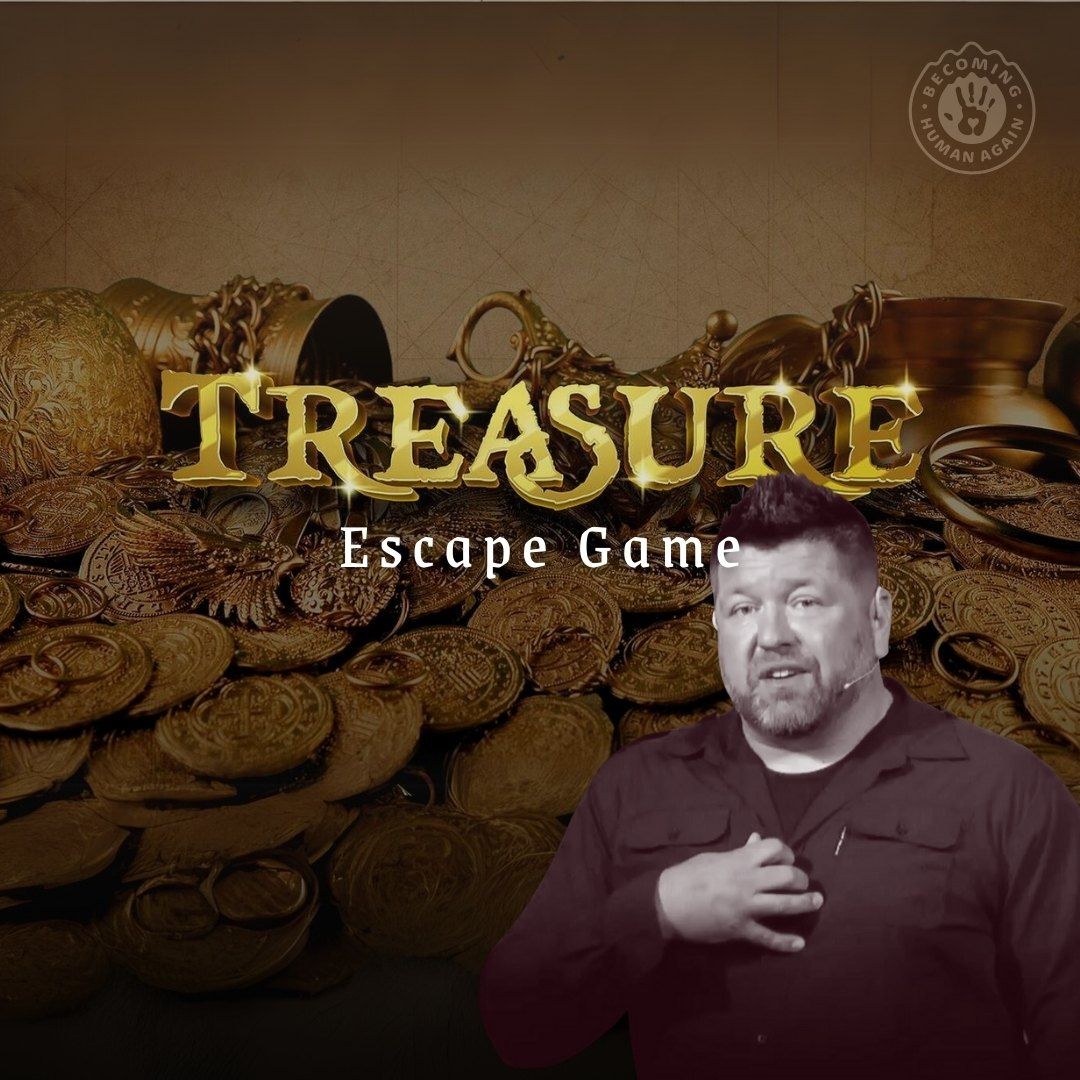
Week 3: Escape Game
Scripture: Matthew 6:24
Jesus teaches us to be aware of the trap of money and greed. How do we escape this game and trust our money to God?
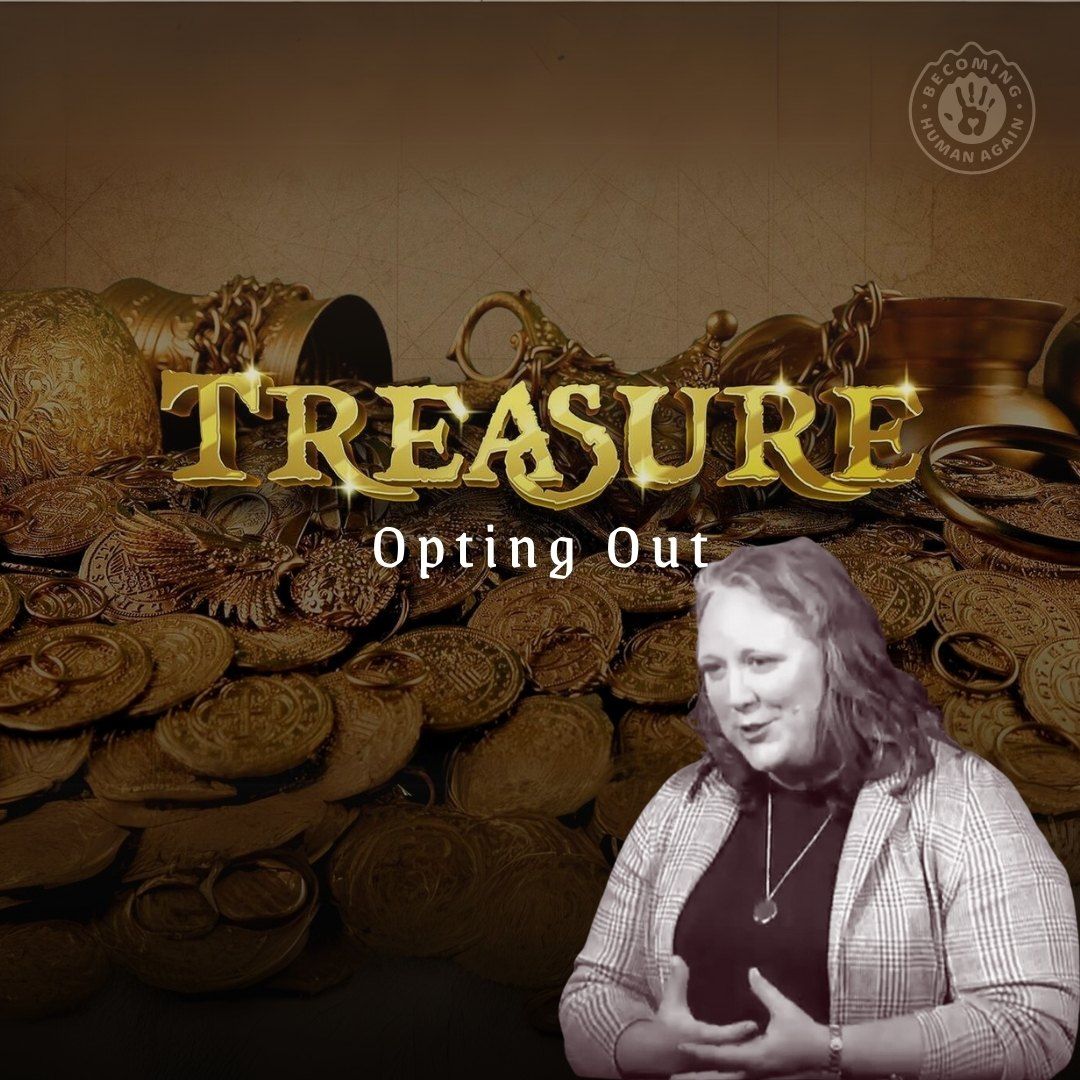
Week 4: Opting Out
Scripture: Matthew 6:24
What are some practical ways to discover contentment in God that frees us from the discontentment that drives the mammon game?
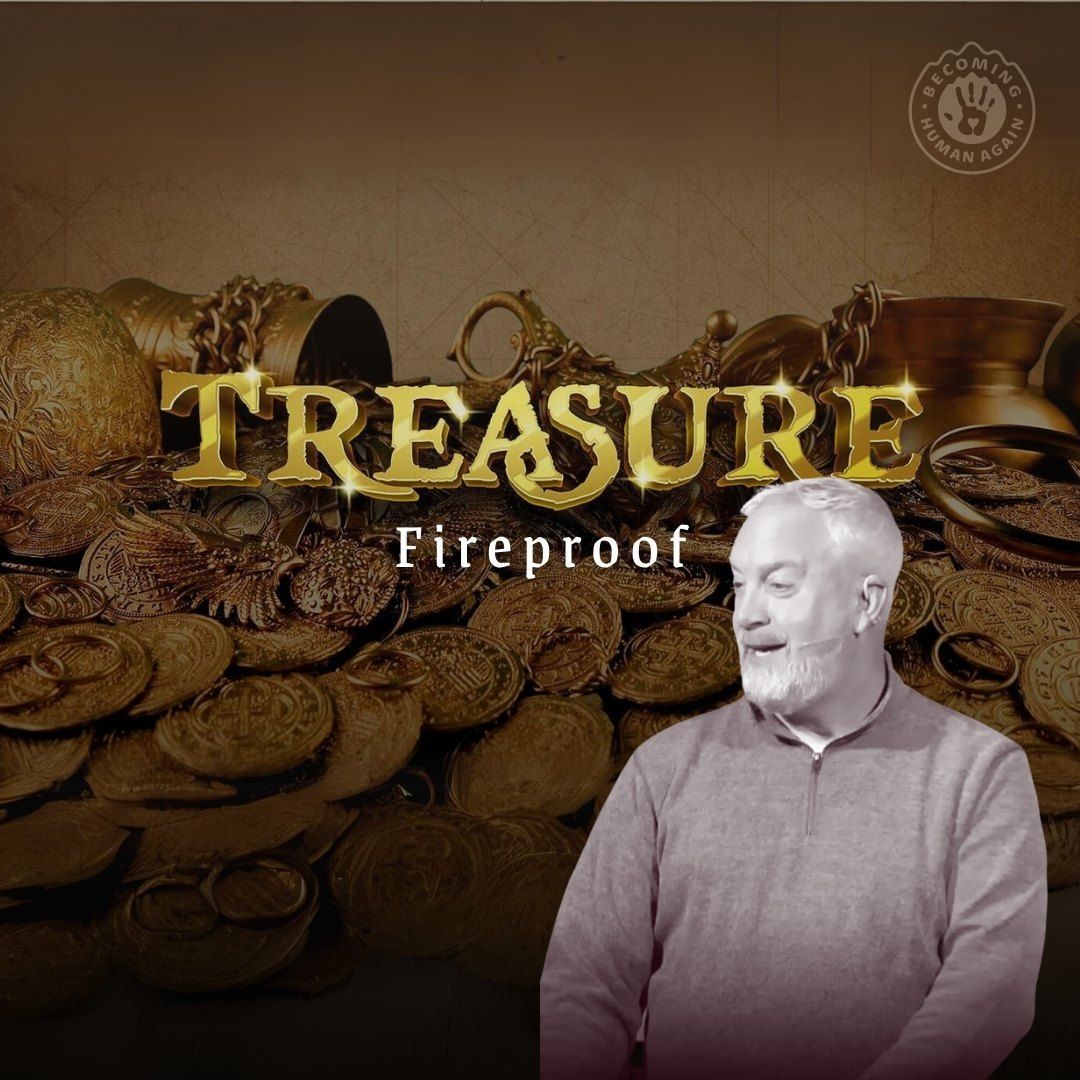
Week 5: Fireproof
Scripture: Matthew 6:19-21, 24
Jesus taught us to live by investing in treasures that will endure the fire of judgment instead of investing in those that will burn away because they are not compatible with God’s love.
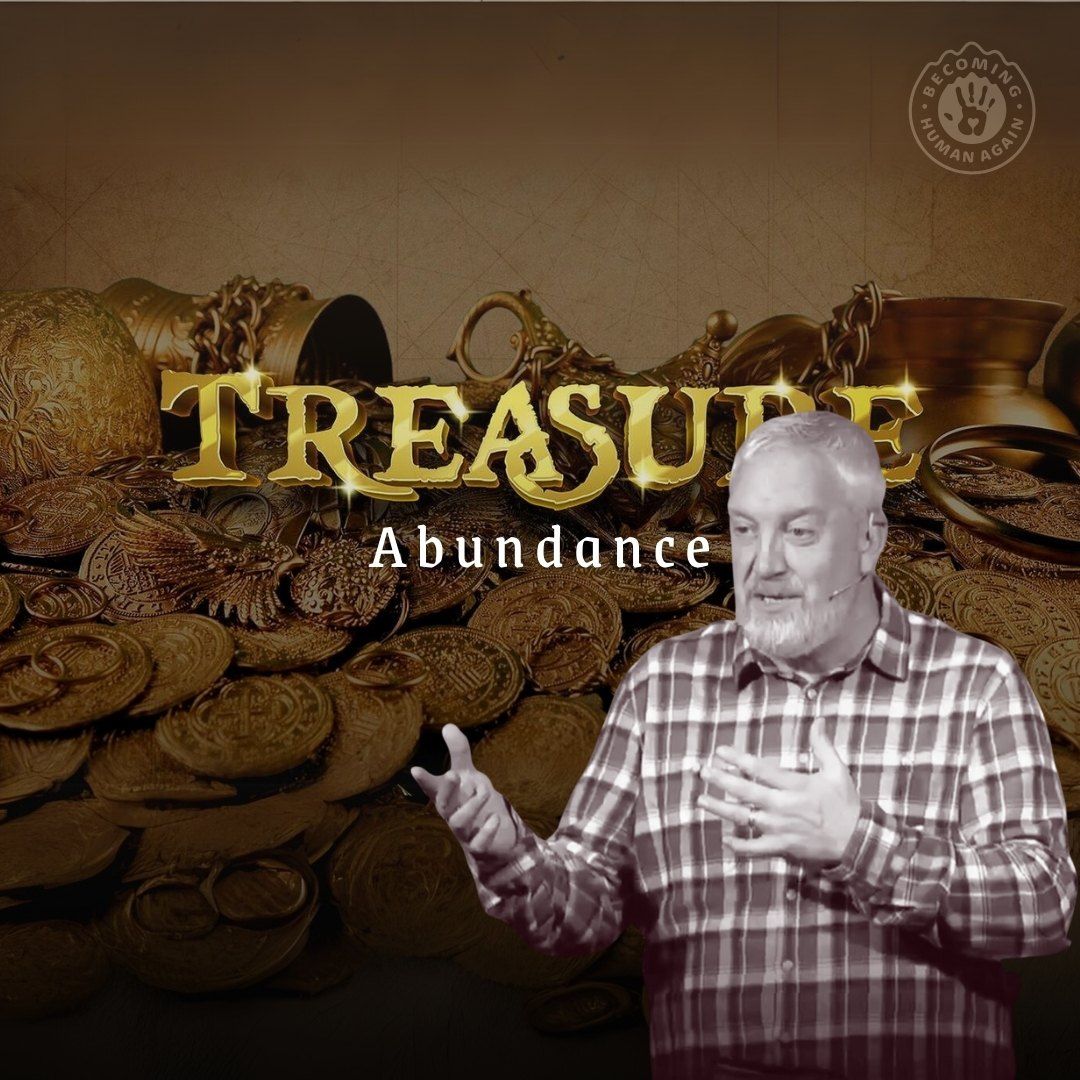
Week 6: Abundance
Scripture: Matthew 6:25-34
God invites us to trust his ability to abundantly provide even in the midst of scarcity.

Week 7: Worries
Scripture: Matthew 6:25-34
What does it mean to trust God in anxious times to the point that we know Jesus is with us as we face our worries?
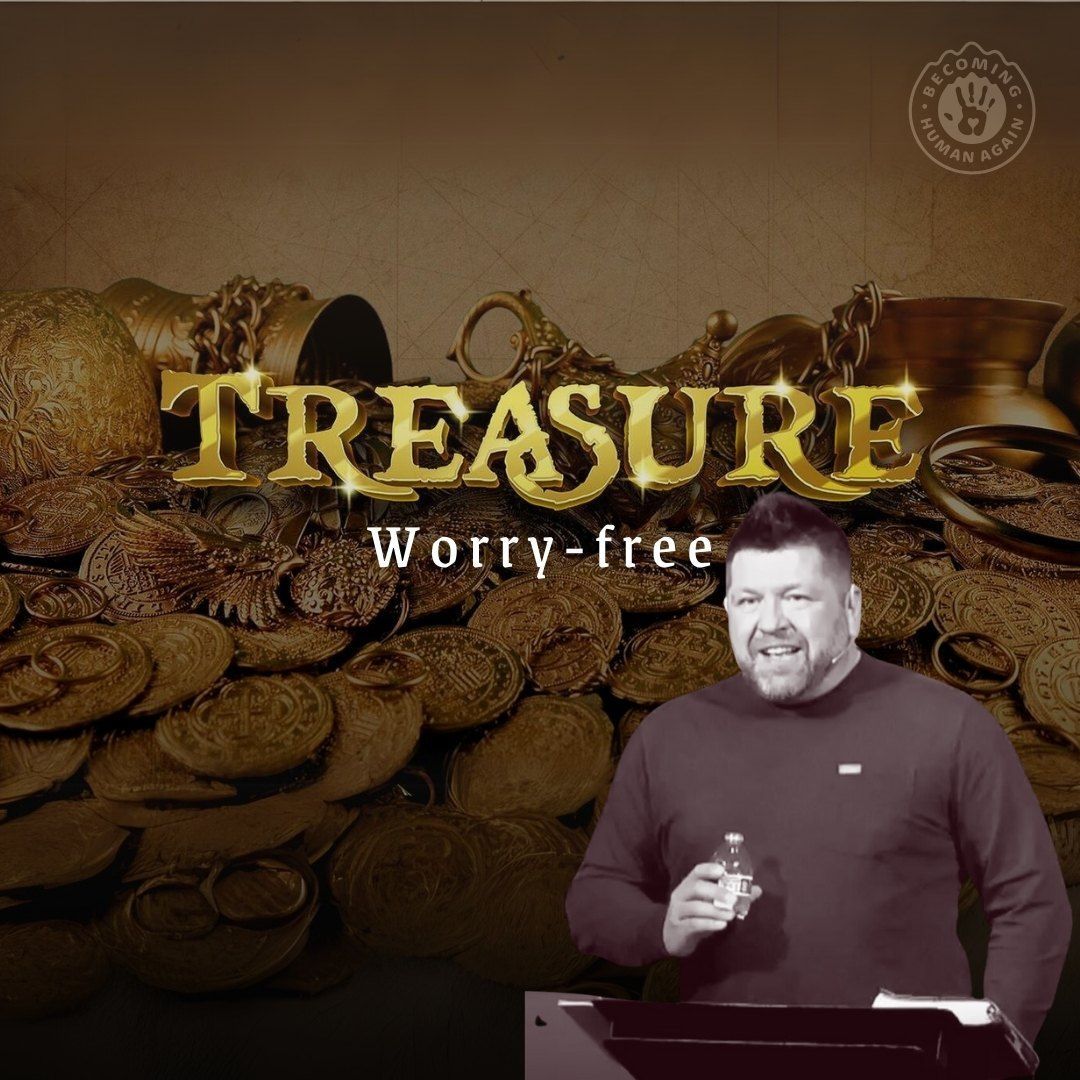
Week 8: Worry-free
Scripture: Matthew 6:25-34
How do we become the kind of person who heeds Jesus’ invitation to live worry-free?

SERIES 7
Pray This Way
Matthew 6:7-13
Jesus taught that prayer was essential to our life with God and the very heart of how we move through life. Let’s explore the indispensable practice of prayer and how it transforms the world in and around us!
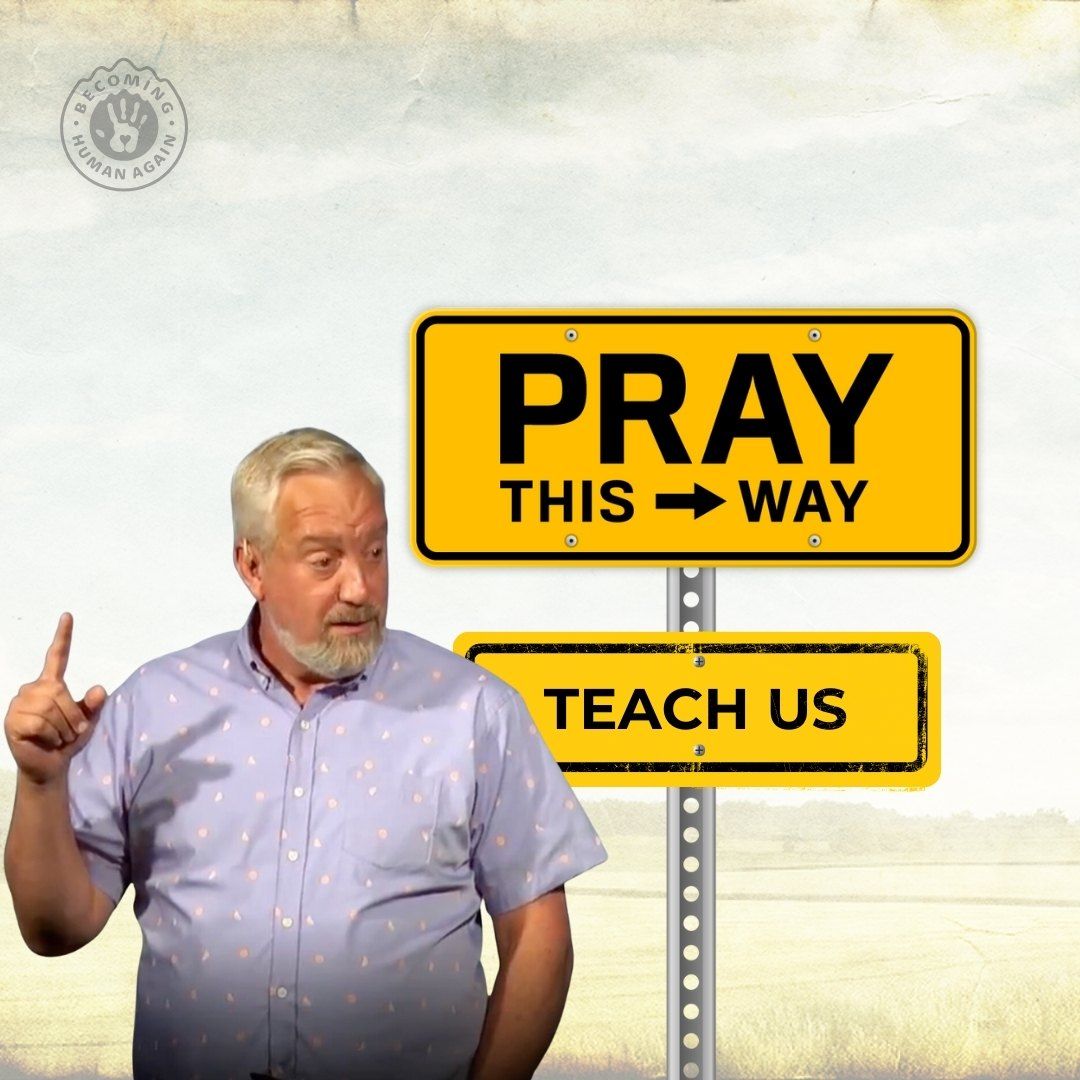
Week 1: Teach Us
Scripture: Matthew 6:7-10
What’s the purpose of petitionary prayer? Prayer is one way we partner sixth God, joining our will with his.
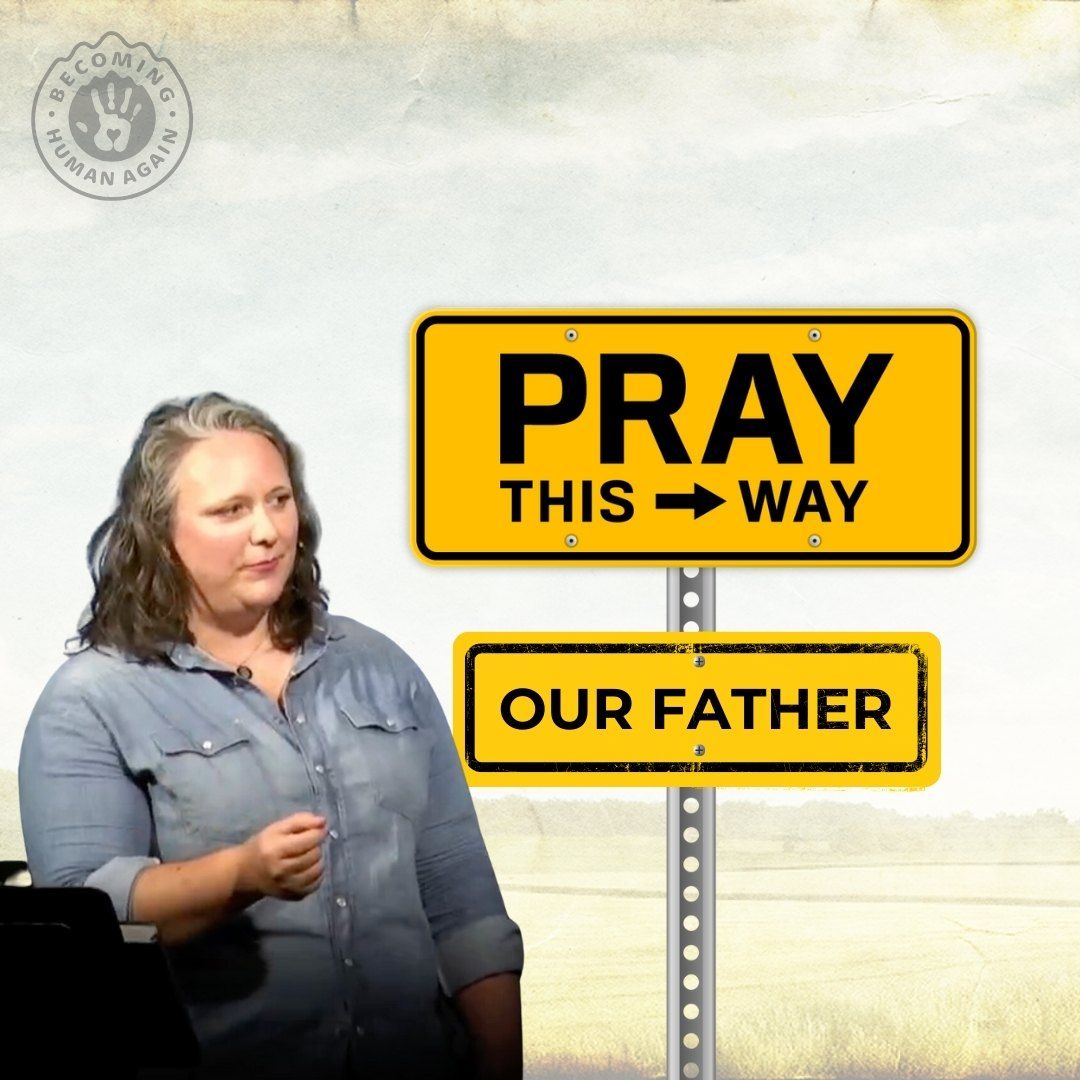
Week 2: Our Father
Scripture: Matthew 6:9-10
The Lord’s Prayer begins with God’s name, which is love. When we love in all we do, we are “hallowing” his name. When we fail to live in love, we are bearing his name in vain.
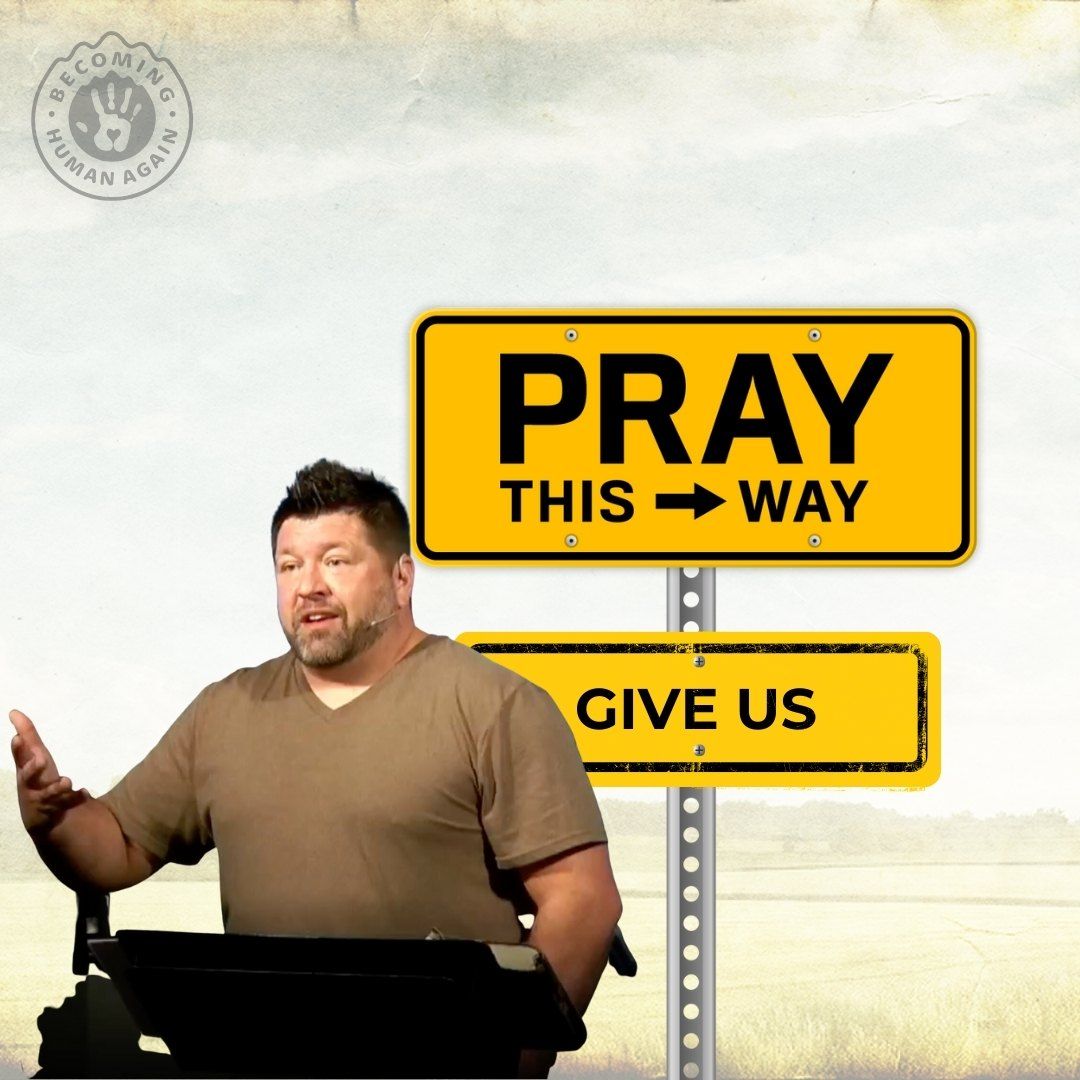
Week 3: Give Us
Scripture: Matthew 6:11
What does it look like to ask for the Father’s provision when modern culture shapes us to take care of ourselves?
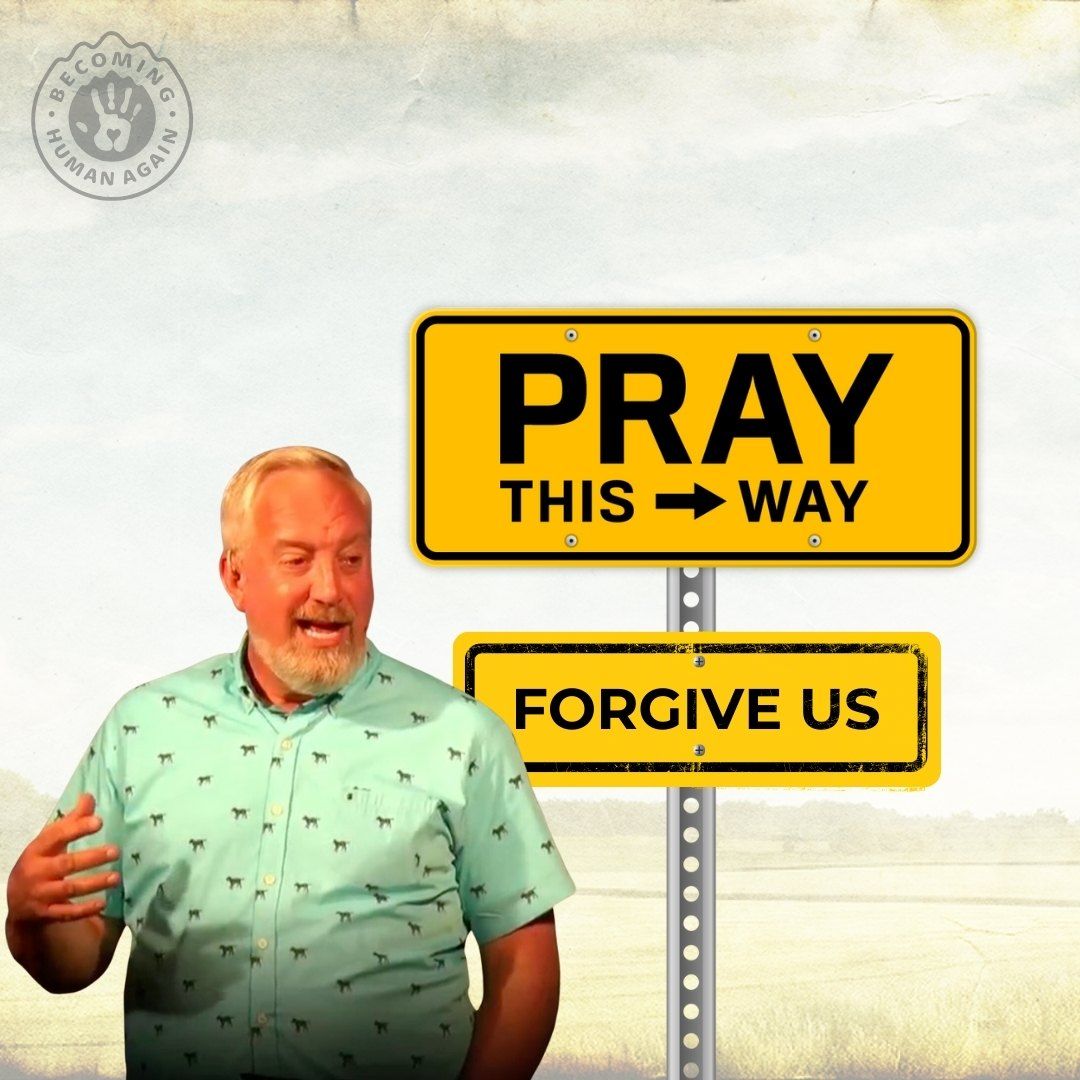
Week 4: Forgive Us
Scripture: Matthew 6:12
How is our forgiveness of others linked to the Father’s forgiveness of us? Why is forgiveness so important?
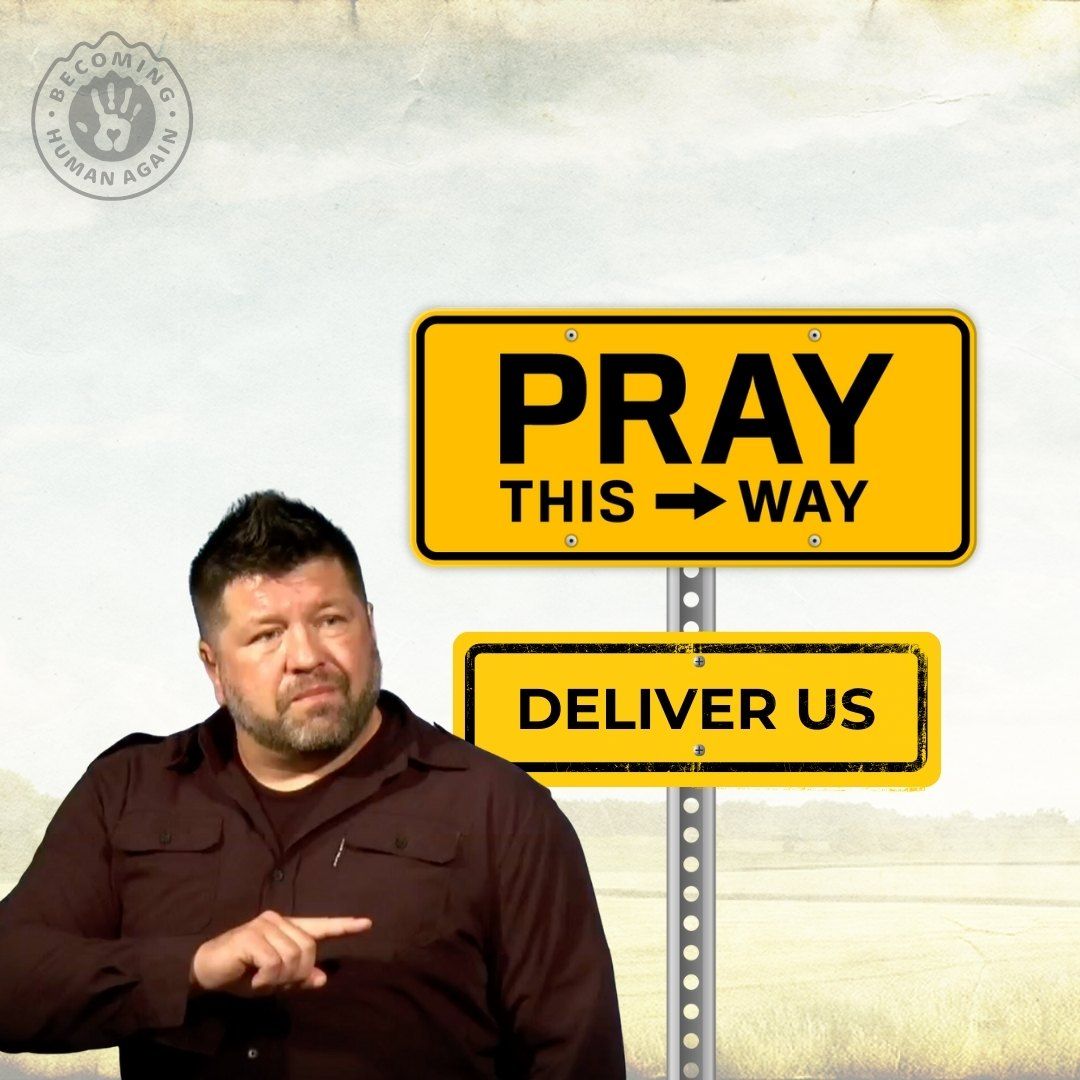
Week 5: Deliver Us
Scripture: Matthew 6:13
What does it mean to pray that God won’t bring us to times of trial? To pray for rescue from the evil one?
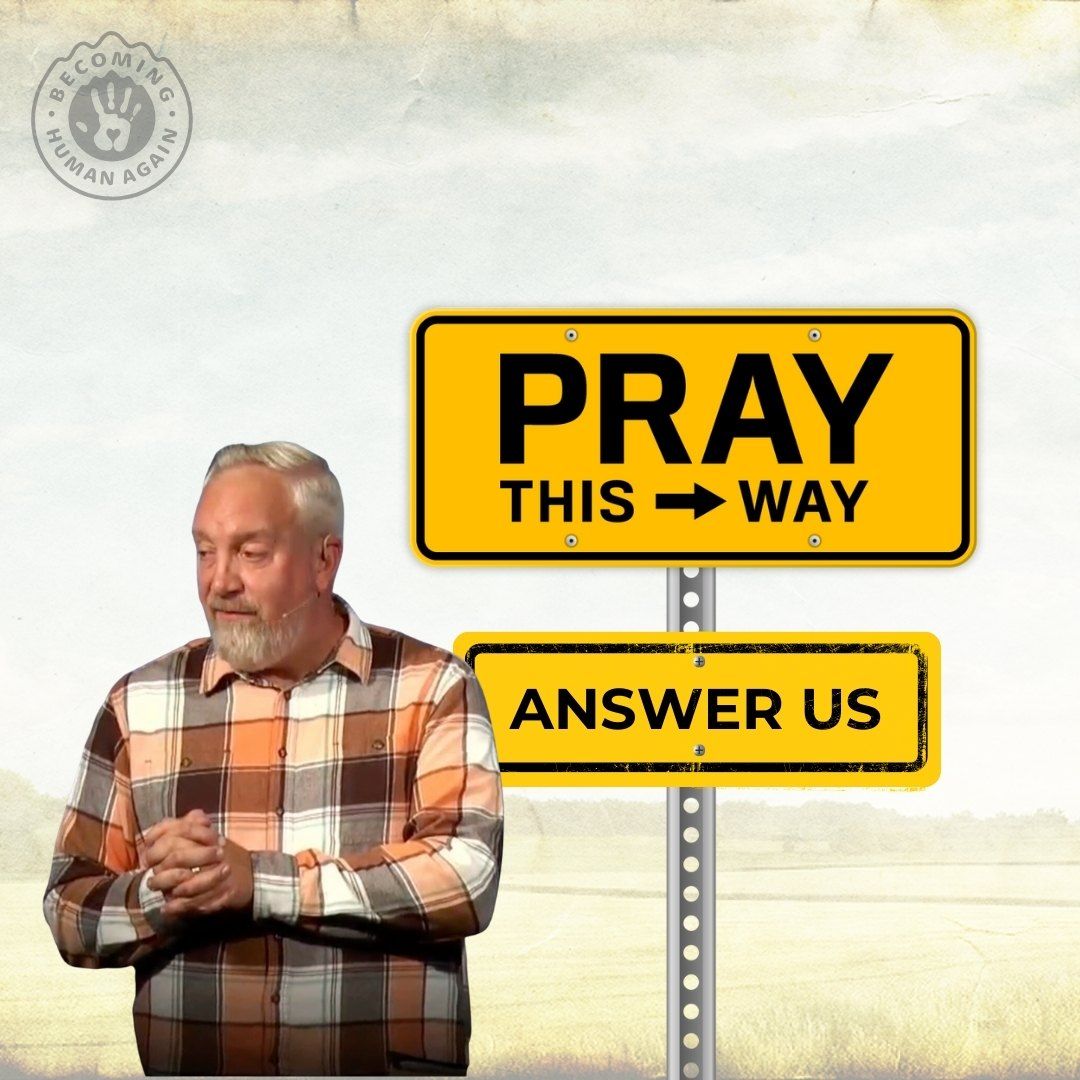
Week 6: Answer Us
Scripture: Matthew 26:39
If God is all-powerful, then why doesn’t he always answer our prayers? When we have unanswered prayers, how does that line up with the character of God revealed in Jesus?

SERIES 6
Practices
Matthew 6:1-4, 16-18
Jesus had a lot to say about people who were all show and no substance. He’s still inviting people to replace spiritual performances with practices that cultivate a meaningful connection with God.
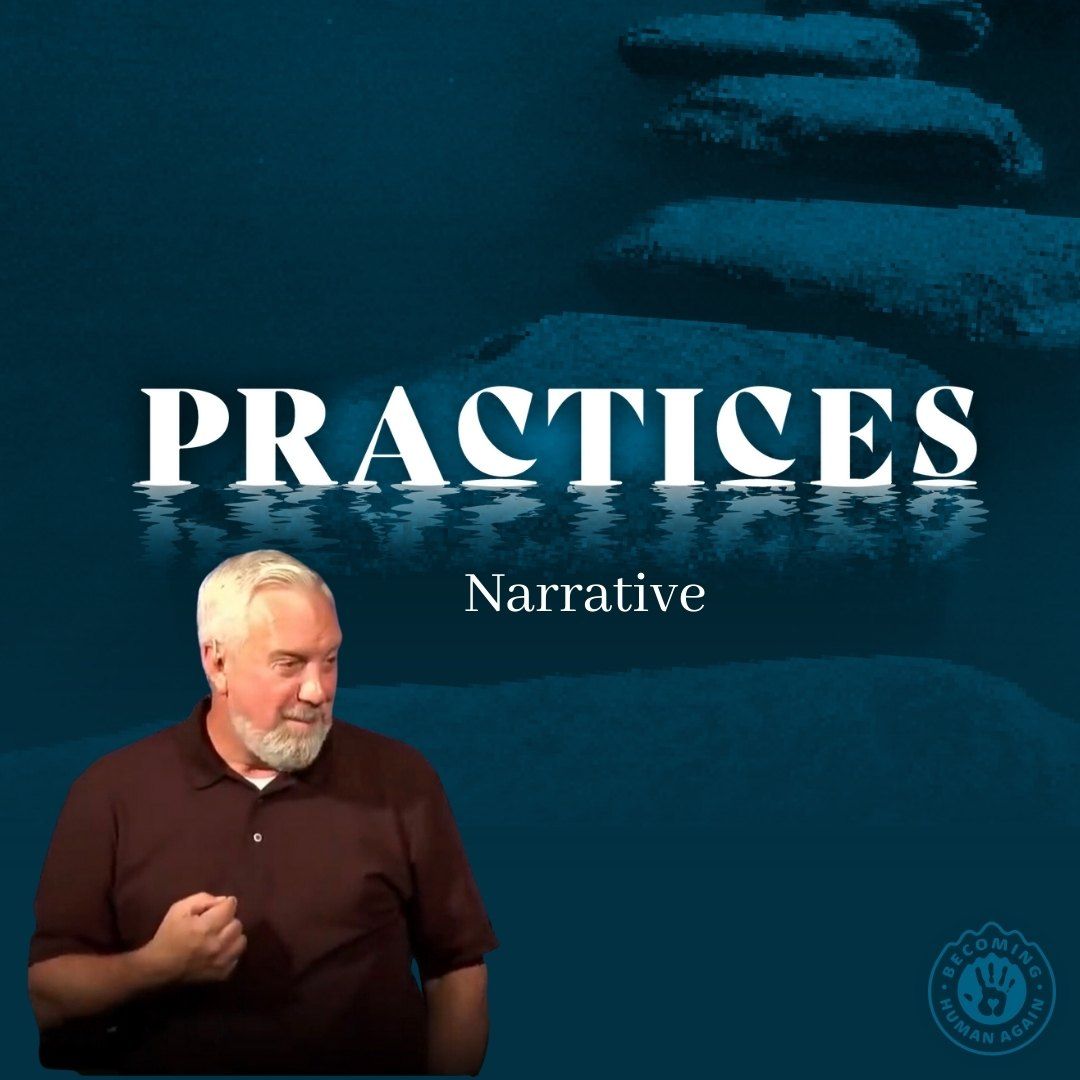
Week 1: Narrative
Scripture: Matthew 6:1-4; 1 Corinthians 9:24-27; 1 John 3:1-3
What’s the purpose of spiritual practices, of training, of equipping? Why do we put so much stock in our Ten Practices for Becoming? Why should I engage with scripture, pray, fast or give? It all depends on the story you’re living in.
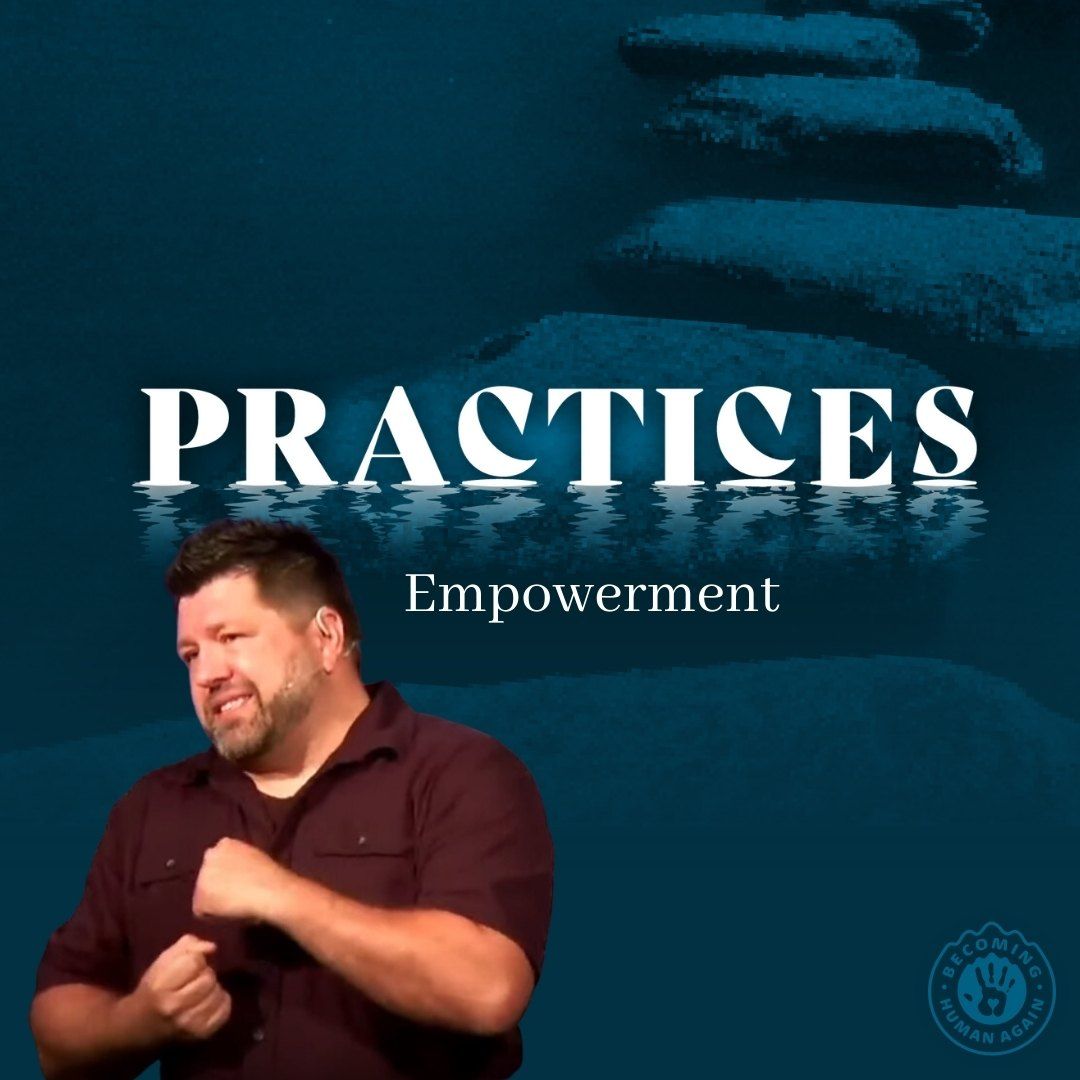
Week 2: Empowerment
Scripture: John 5:19; John 14:16-17
The Spirit is the source of God’s presence and power in our lives to continue the work of Jesus in our world, starting with our own transformation. Spiritual practices serve as the means by which the life of God moves through us into the world.
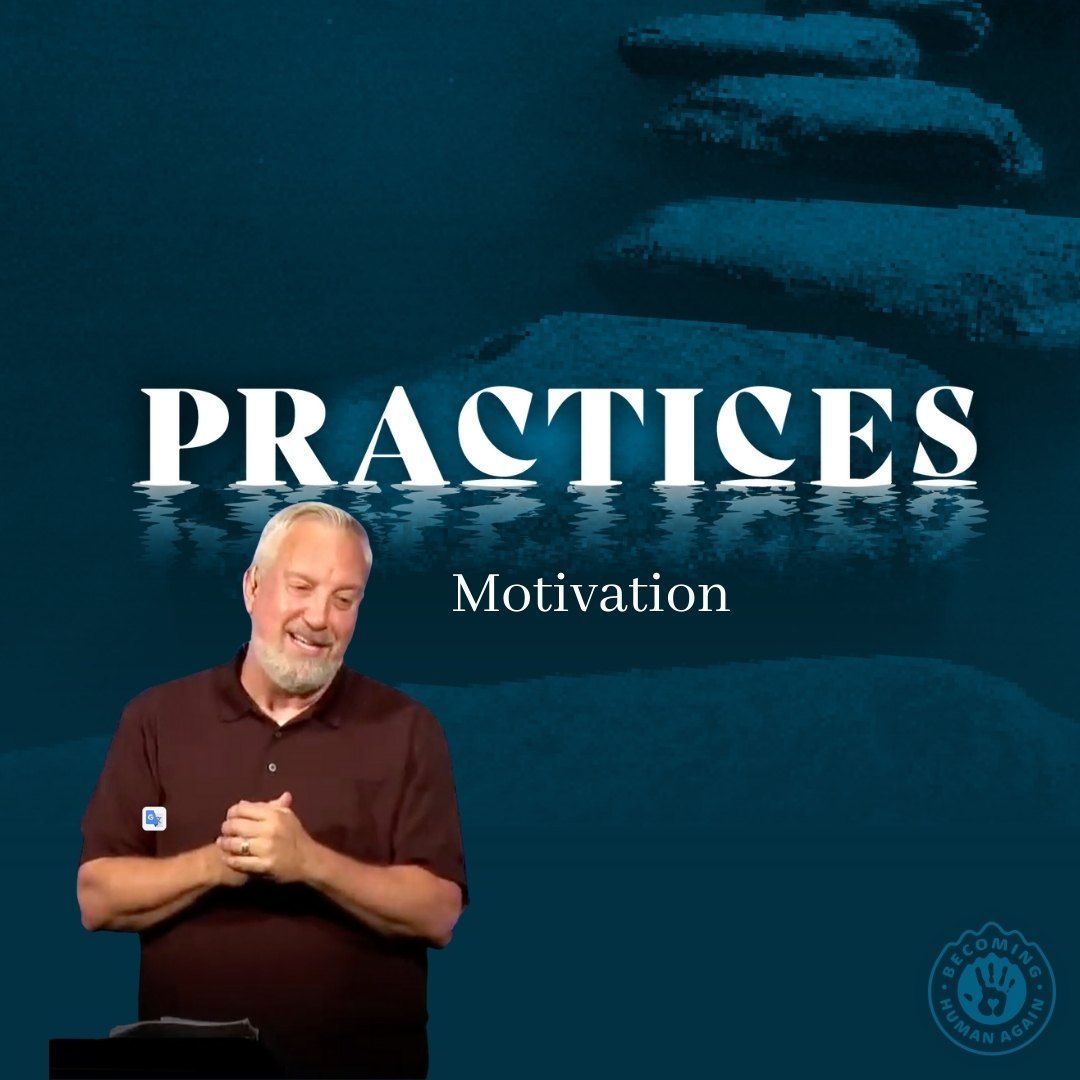
Week 3: Motivation
Scripture: Matthew 6:1-4; Philippians 2:12-13; 2 Corinthians 9:6-8
Jesus says that our motive for the spiritual life matters. God is at work and we get to participate in that work. The result is a rewarding life now and forever.
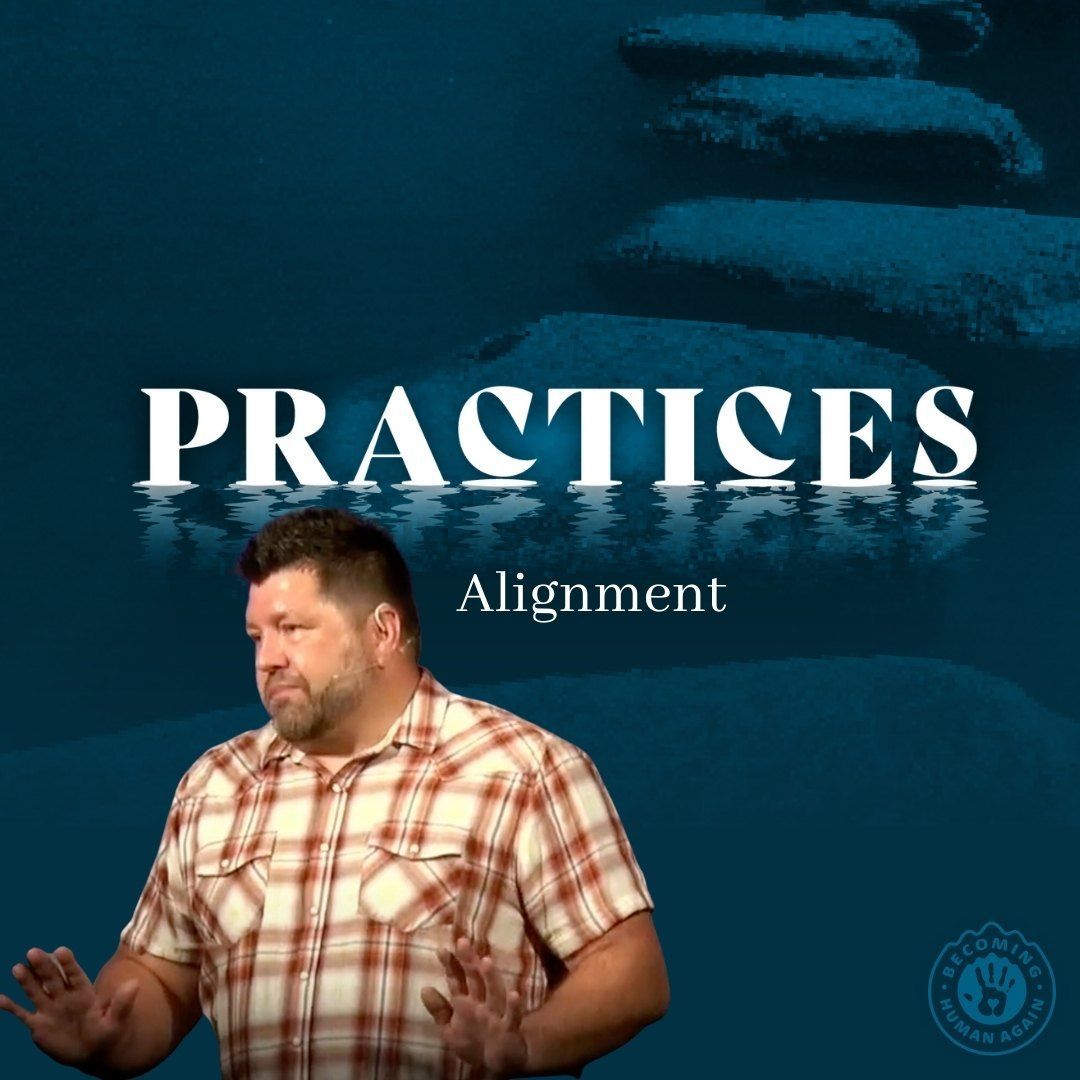
Week 4: Alignment
Scripture: Matthew 6:16-18; 1 John 3:8
Spiritual practices are more than ways to be a good disciple or even to become a good human. They align us with reality and serve as warfare tactics for joining the battle to defeat our enemy.
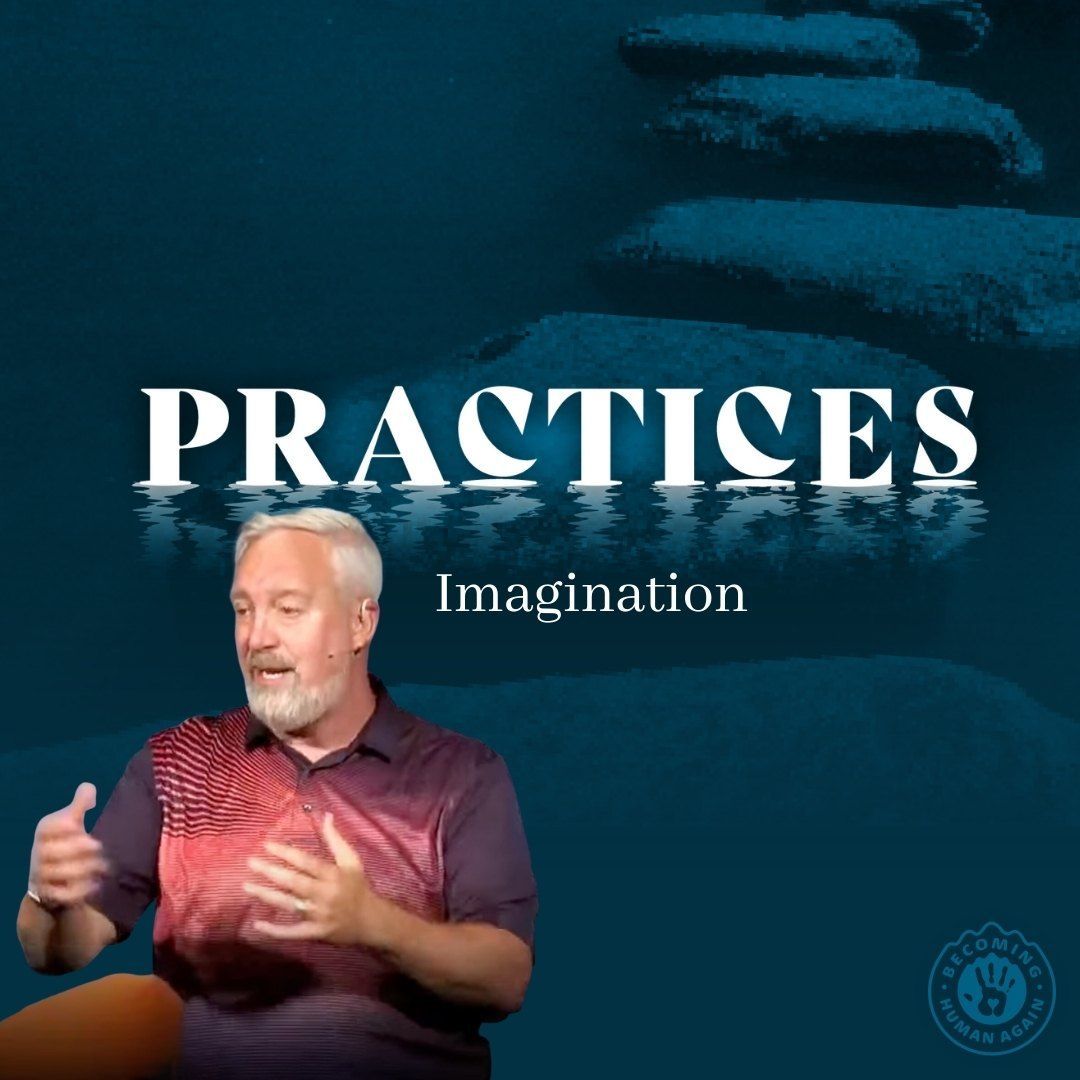
Week 5: Imagination
Scripture: 2 Corinthians 3:14-18, 4:3-6
What we see in our minds determines who we become. As we behold and experience God’s love, we become more like him. The beauty of our relationship with God will never outrun the beauty of our mental conception of God.

SERIES 5
Nonsensical
Matthew 5:38-48
Jesus’ teaching to “love your enemies,” “go the extra mile,” and “turn the other cheek” sound nonsensical. But what if he’s serious when he calls us to a counter-cultural life of enemy love, peacemaking and reconciliation?
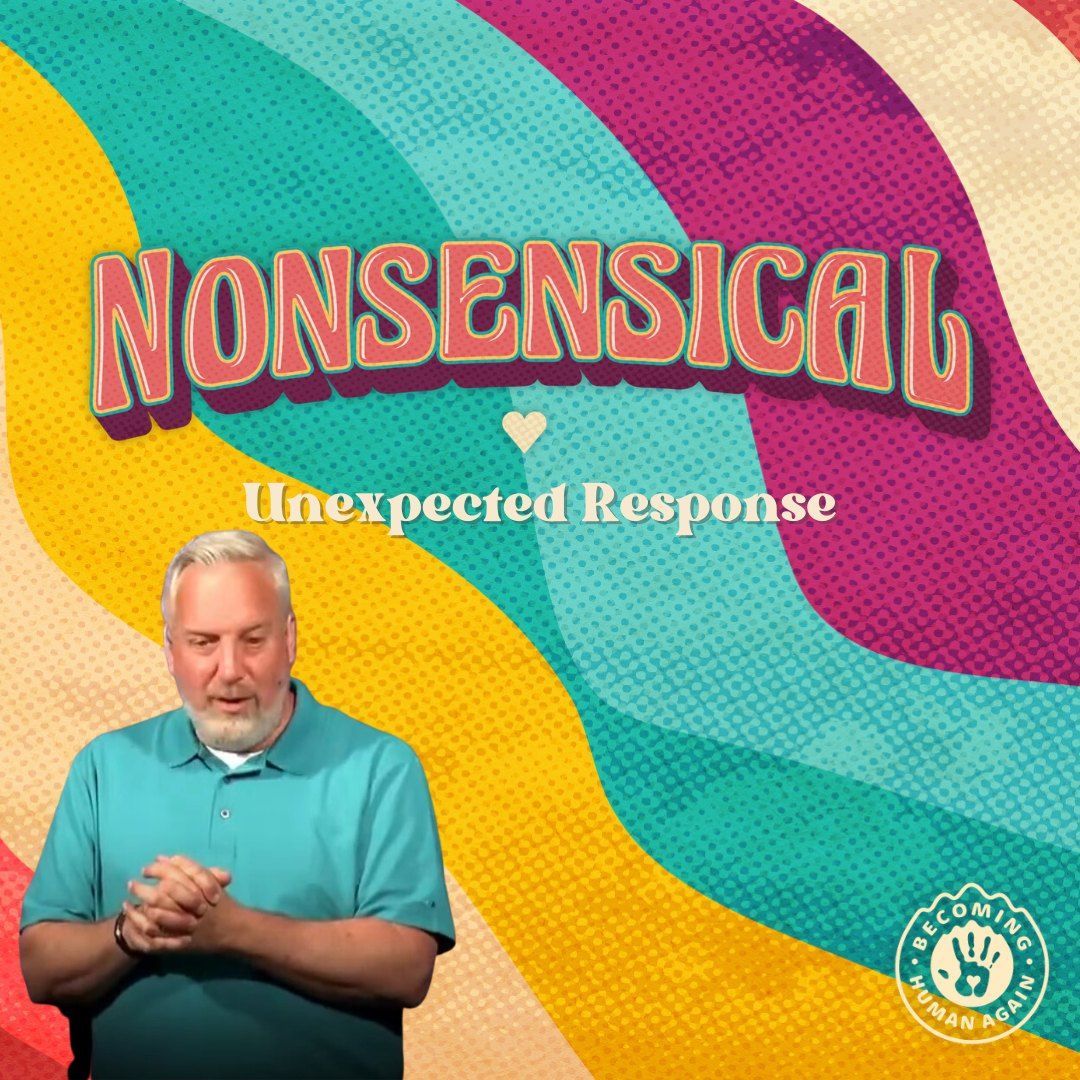
Week 1: Unexpected Response
Scripture: Matthew 5:38-41
We can respond to evil in kind, cower to it, or combat it by offering an unexpected response (Jesus’ approach).
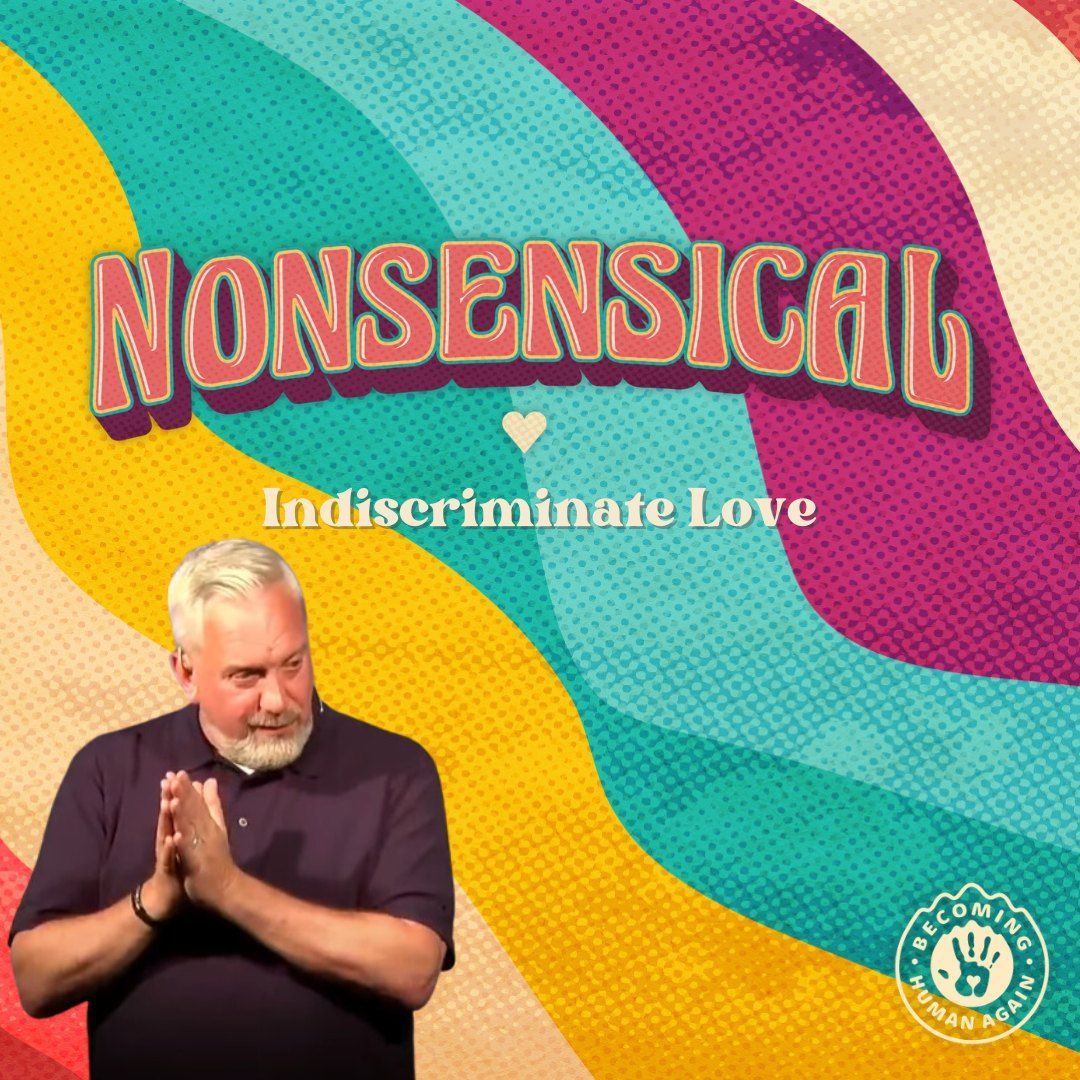
Week 2: Indiscriminate Love
Scripture: Matthew 5:42-47
Jesus taught us to love even our enemies, which the church has long evaded. What do we do with his words?

Week 3: Good for You
Scripture: Matthew 5:43-47
Loving our enemies connects us to God and his kingdom in real time, transforming us even more into the image of Christ as we surrender to the work of the Spirit.
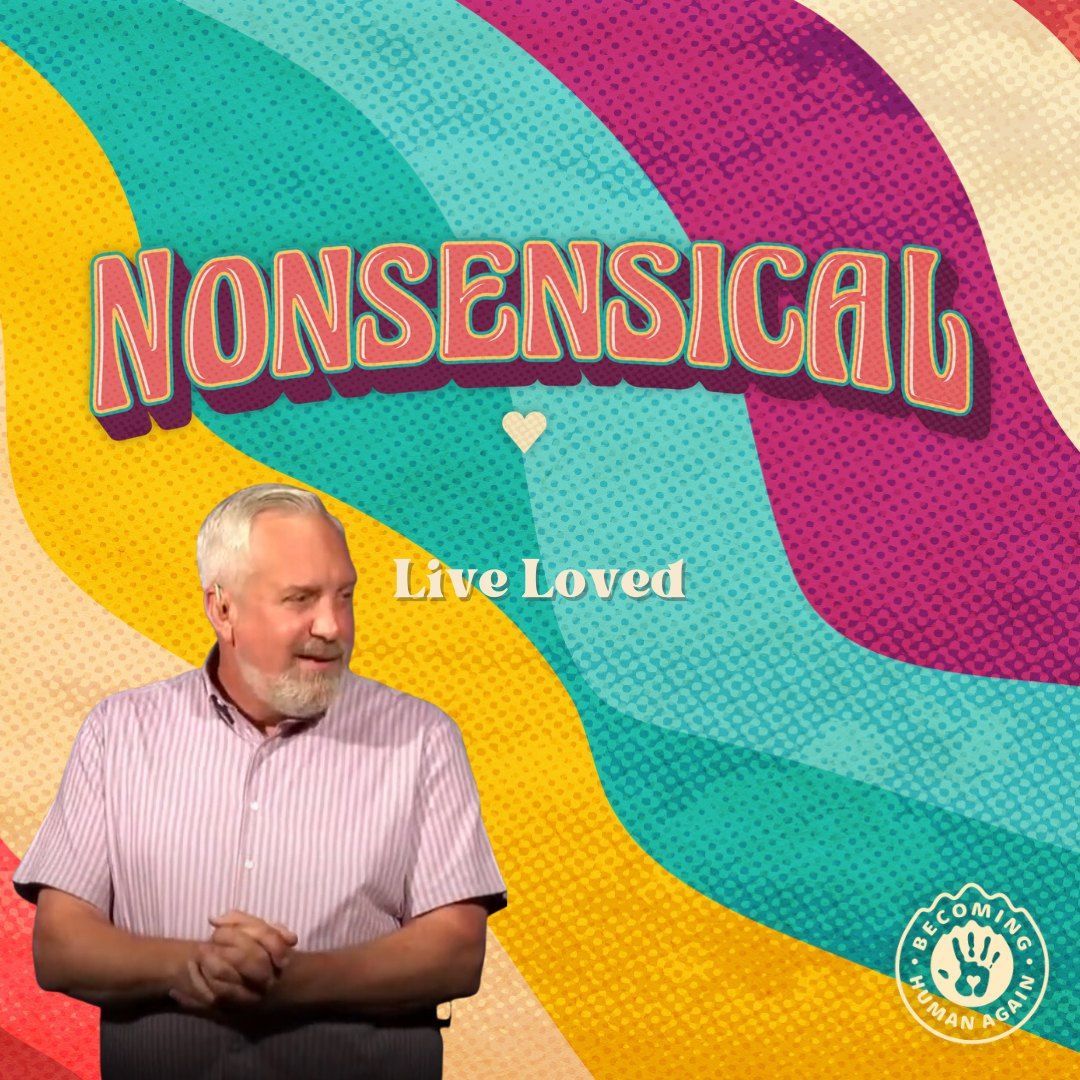
Week 4: Live Loved
Scripture: Matthew 5:43-47; John 10:10
The more we get our life from Christ, the more we understand broken people just trying to get their core needs met by other means. By the power of the Spirit, we can view others, even our enemies, with compassion and hope for restoration rather than judgment.

Week 5: Perfection
Scripture: Matthew 5:48; John 17:20-23; Colossians 3:12-14
Jesus calls us to become the kind of people who can live in perfect unity with one another.

SERIES 4
Change of Heart
Matthew 5:21-37
When we think about sin, we tend to think about our behavior. But Jesus insists that life in God’s kingdom requires nothing less than a change of heart.

Week 1: Goodbye, Anger
Scripture: Matthew 5:20-22; Ephesians 4:26-27; Colossians 3:8
Jesus taught that being angry or insulting another person leads to the same consequences as murdering them. This is a radical kingdom teaching that goes beyond an examination of our behaviors. It focuses on our hearts.

Week 2: Hello, Anger
Scripture: Matthew 5:20-22
This week will consist of a recap of the previous message. Bryan will then moderate a panel conversation with the other members of the teaching team to give practical direction for the role anger might play in our lives.
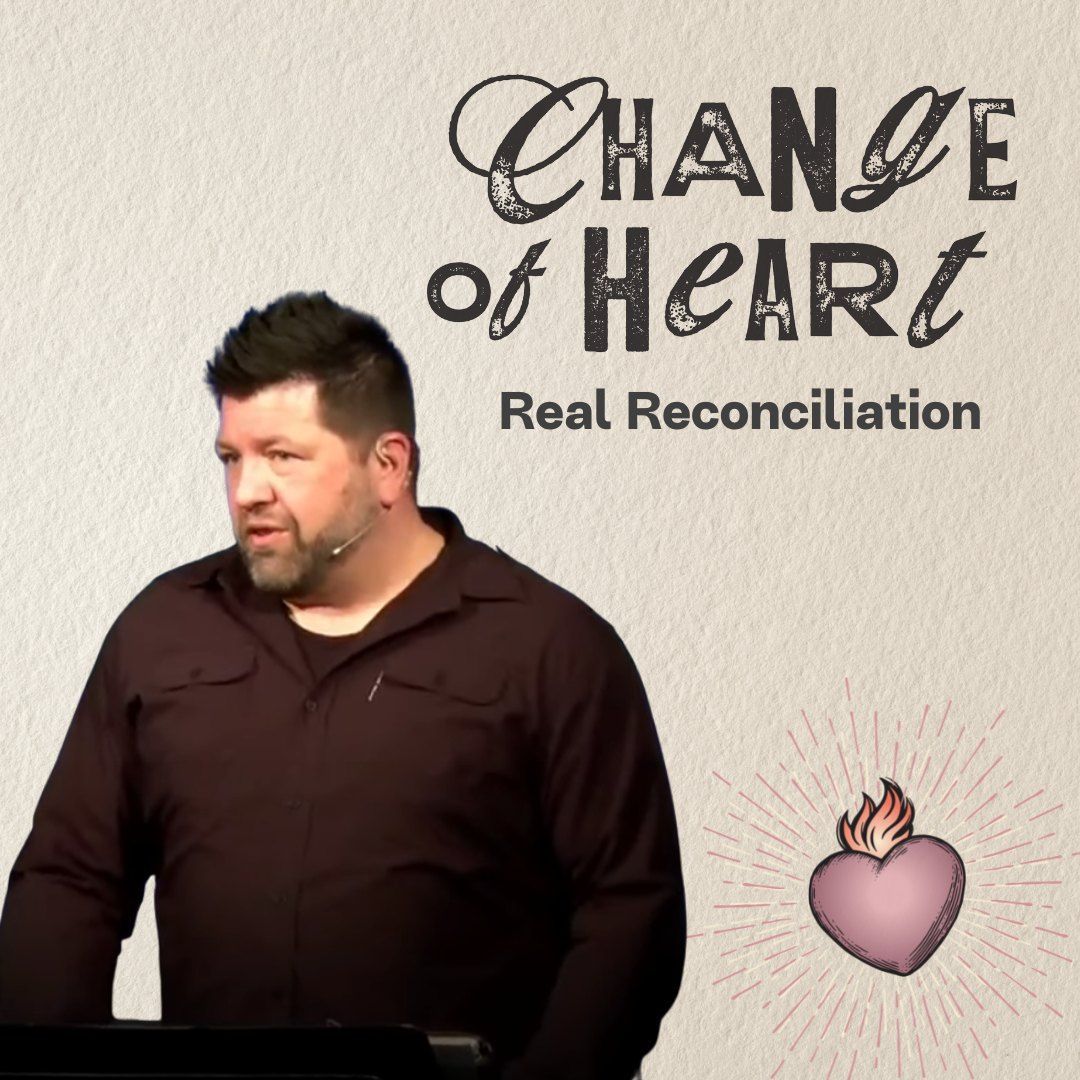
Week 3: Real Reconciliation
Scripture: Matthew 5:23-26
Jesus was very practical when he taught what it means to live in righteousness and reconciliation with others.
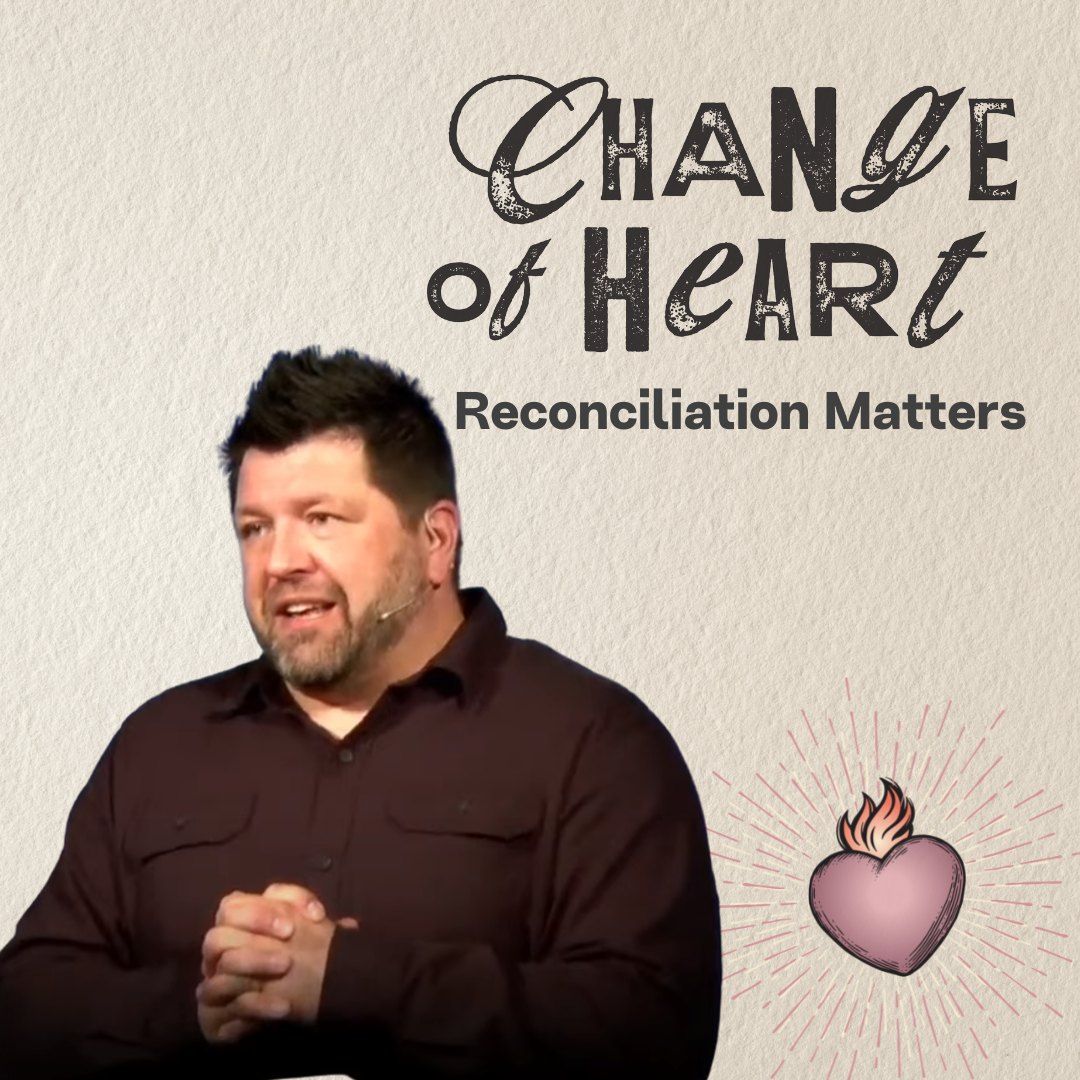
Week 4: Reconciliation Matters
Scripture: Matthew 5:23-26
Reconciliation seems unrealistic and sometimes impossible but must be radically pursued. Our humility with God and openness to his Spirit will result in mutual submission to each other. Then we will enjoy life in the freedom of God’s love and offer others the same.
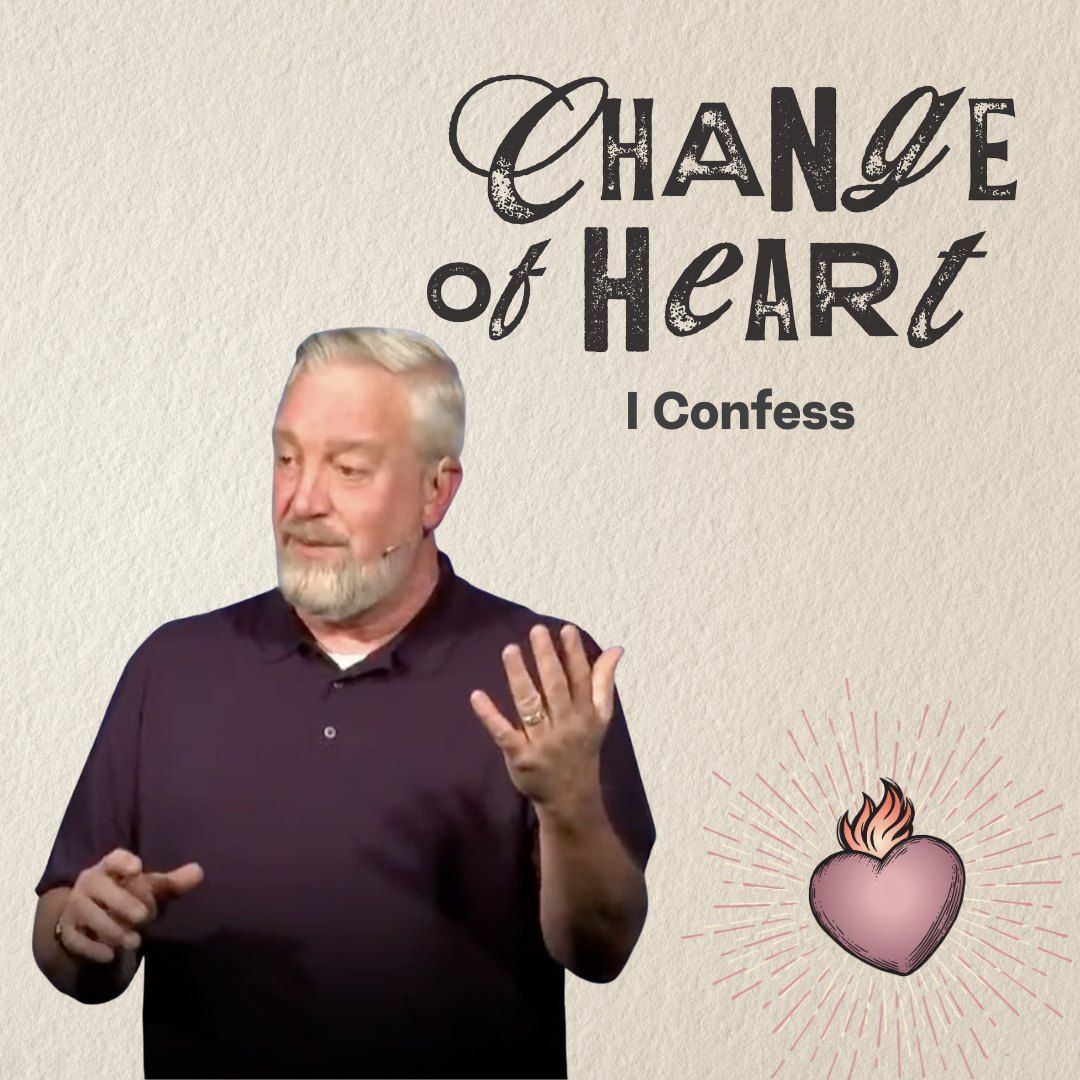
Week 5: I Confess
Scripture: James 5:16; Deuteronomy 30:19; Romans 7:19
The practice of confession can help us interrupt the old patterns in our lives and develop our imagination for a new way of life in God’s kingdom.
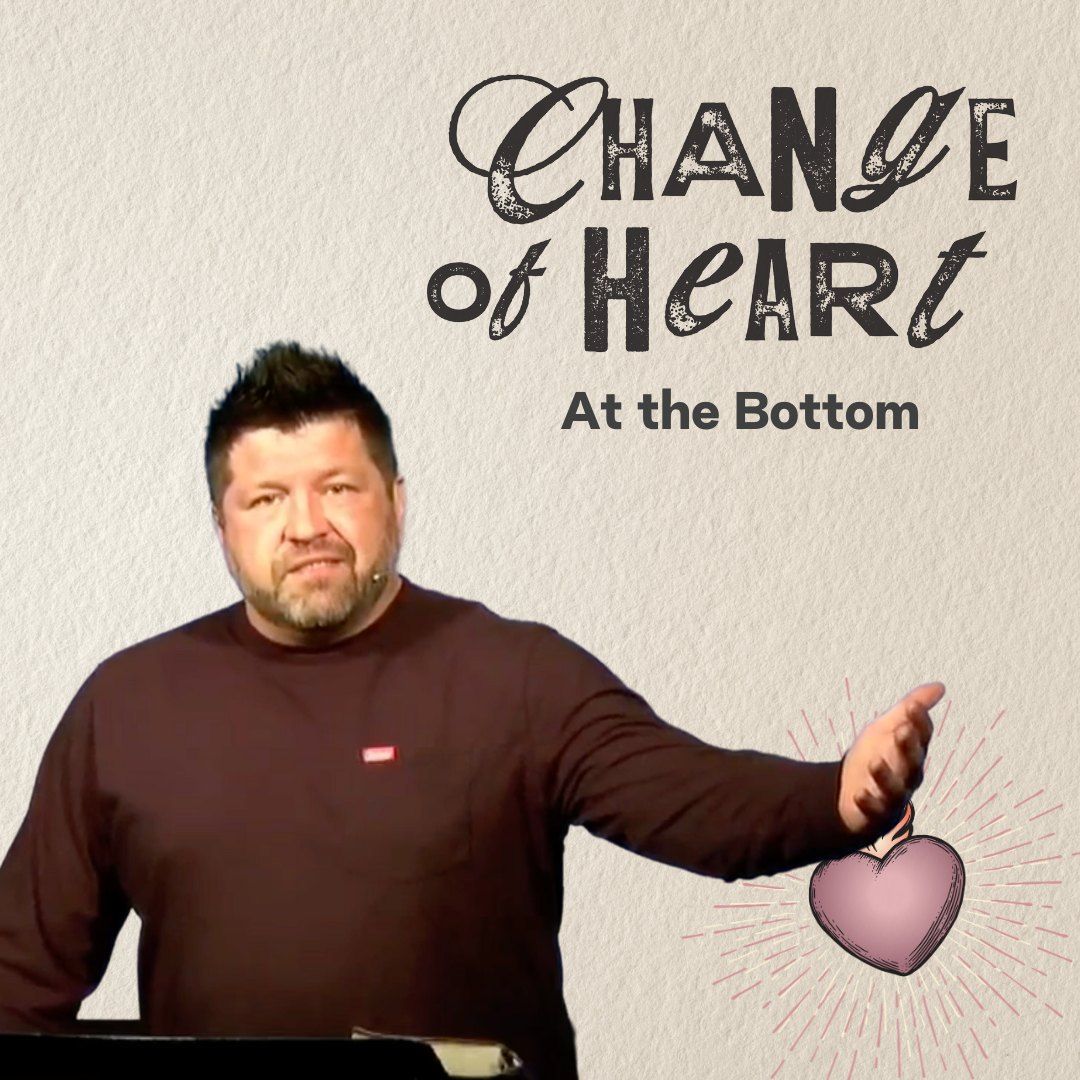
Week 6: At the Bottom
Scripture: Matthew 5:27-30; Philippians 4:8; John 8:2-11; 1 Corinthians 2:2
Jesus taught that what we do in our inner imaginative world is as important as what we do with our bodies in the outer world. Since we have all fallen short of God’s ideal, we are never in a position to judge others.
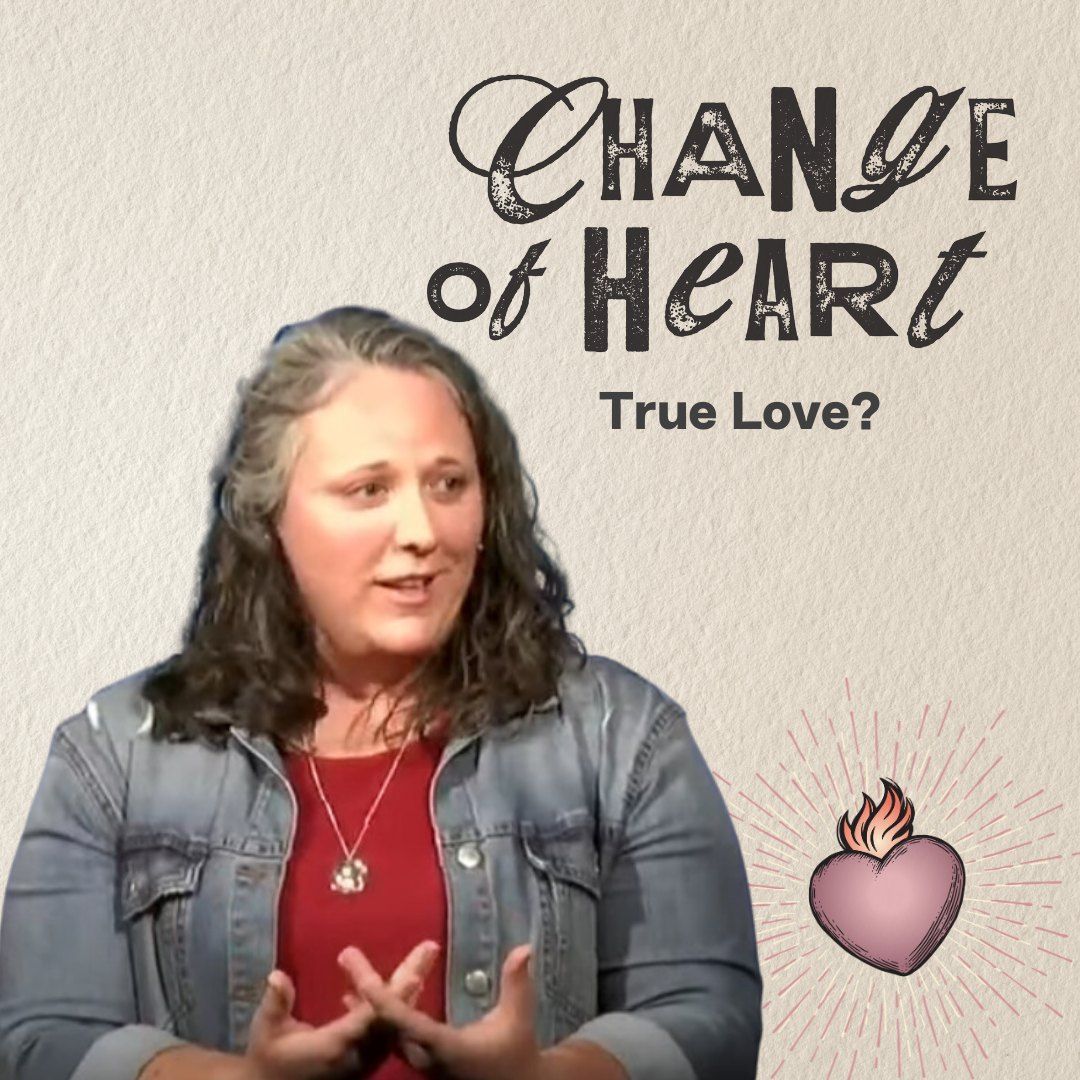
Week 7: True Love?
Scripture: Matthew 5:31-32; 1 Corinthians 7:32-35; Hebrews 2:11
The modern myth of romantic love can derail us from a biblical view of marriage and prevent us from seeing the value of singleness in God’s family.

Week 8: Real or Ideal?
Scripture: Matthew 5:31-32; Deuteronomy 24:1-4; Matthew 19:3-9
The goal of marriage isn’t to avoid divorce but to learn to love in a way that reflects God’s love. It’s only by grace that any of us get married, whether for the first or second or third time.
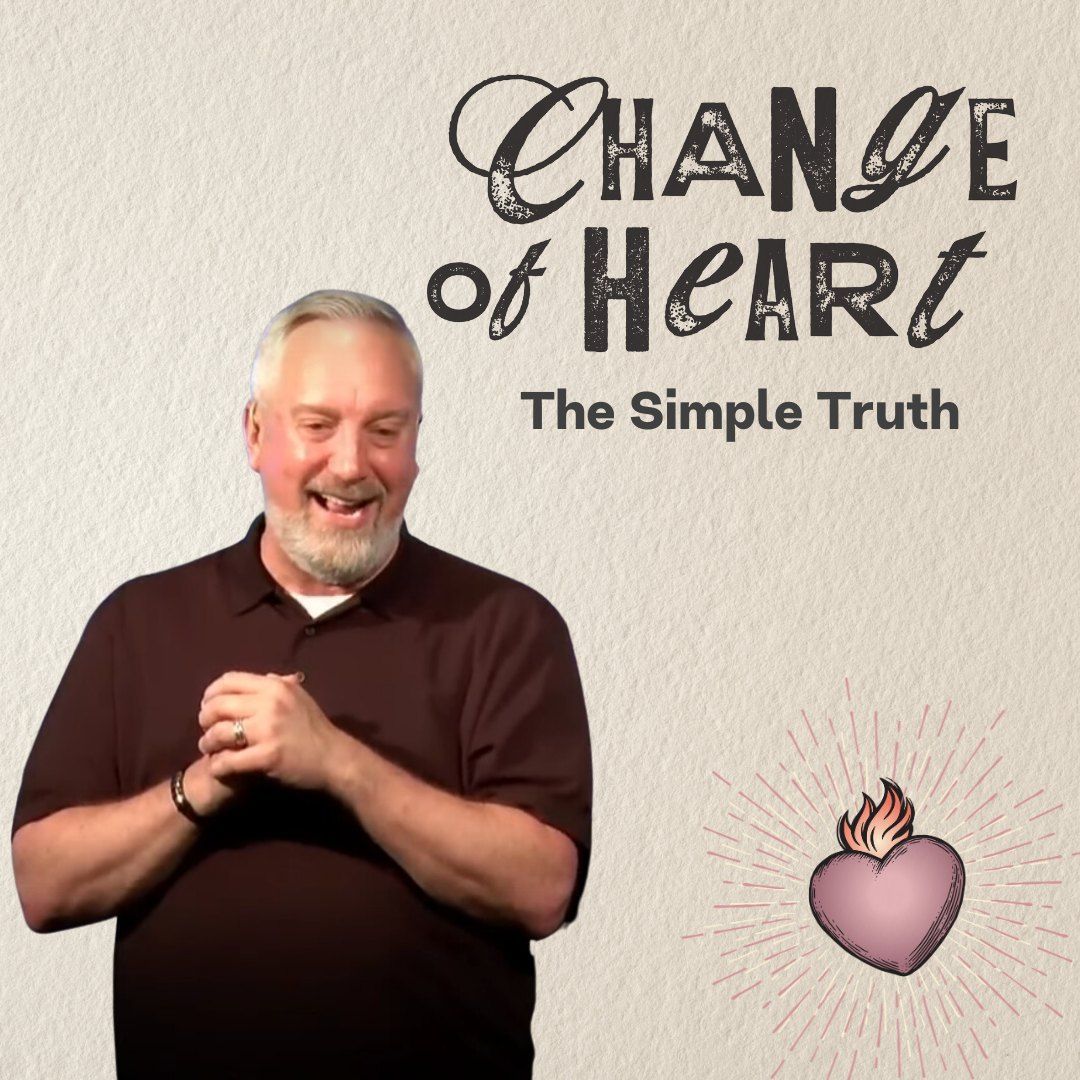
Week 9: The Simple Truth
Scripture: Matthew 5:33-37; Matthew 22:36-40
When we practice truth telling in committed relationships we develop trust over time and experience the reality of the beloved community.

SERIES 3
The Scripture Story
Matthew 5:17-20
Understanding how Jesus views the Scripture story is key to understanding his vision for becoming human again. Let’s take a fresh, eye-opening look at what may have become all-too-familiar.
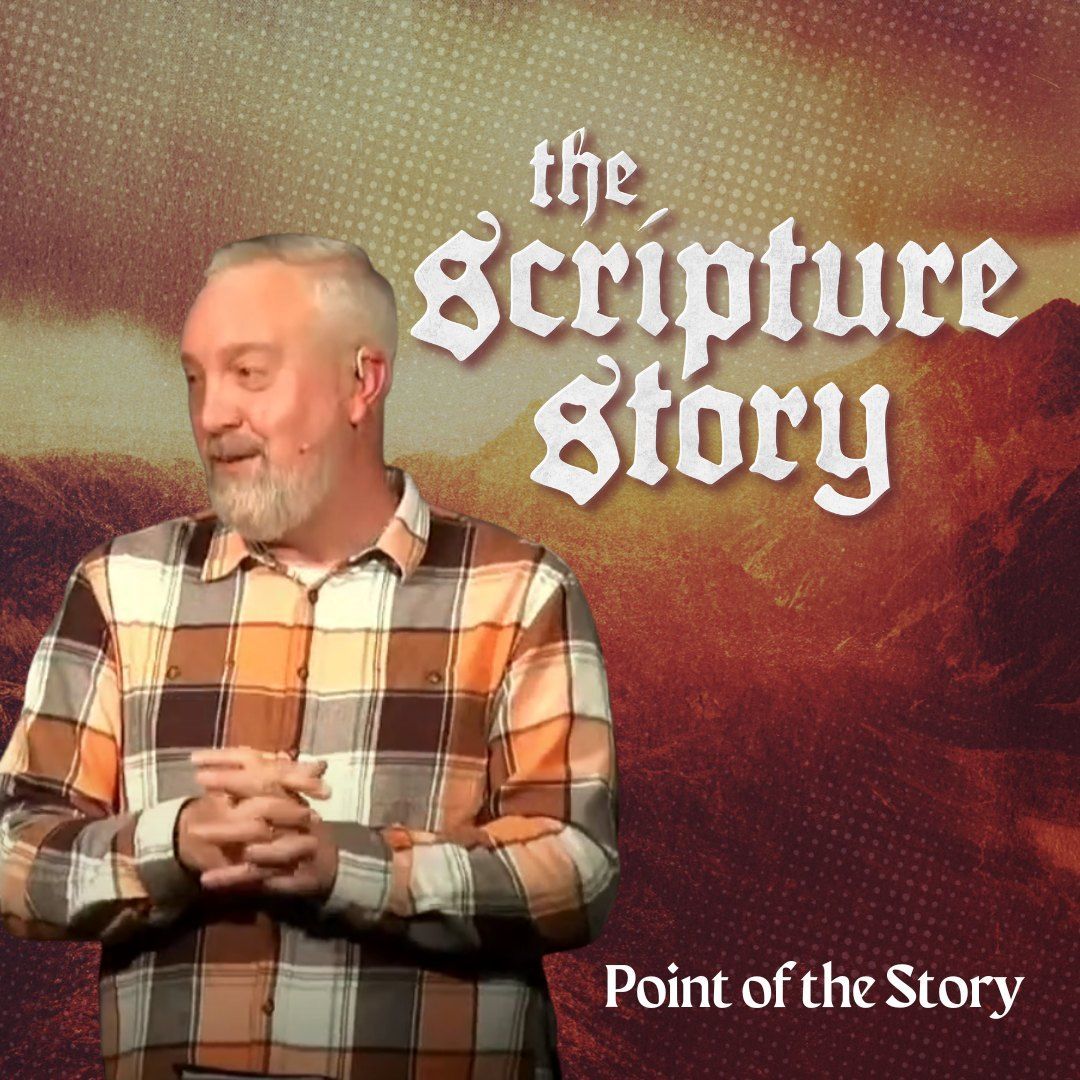
Week 1: Point of the Story
Scripture: Matthew 5:17-20; Romans 13:8-10; Colossians 3:14; 1 Peter 4:8; 1 Corinthians 16:14; 1 John 3:16-17; Ephesians 5:1-2
Jesus announced that he came to fulfill every part of the law. How was he able to do this when he was accused of breaking the law? He did this by redefining the law of God around the law of love. This is the bullseye of God’s Kingdom.
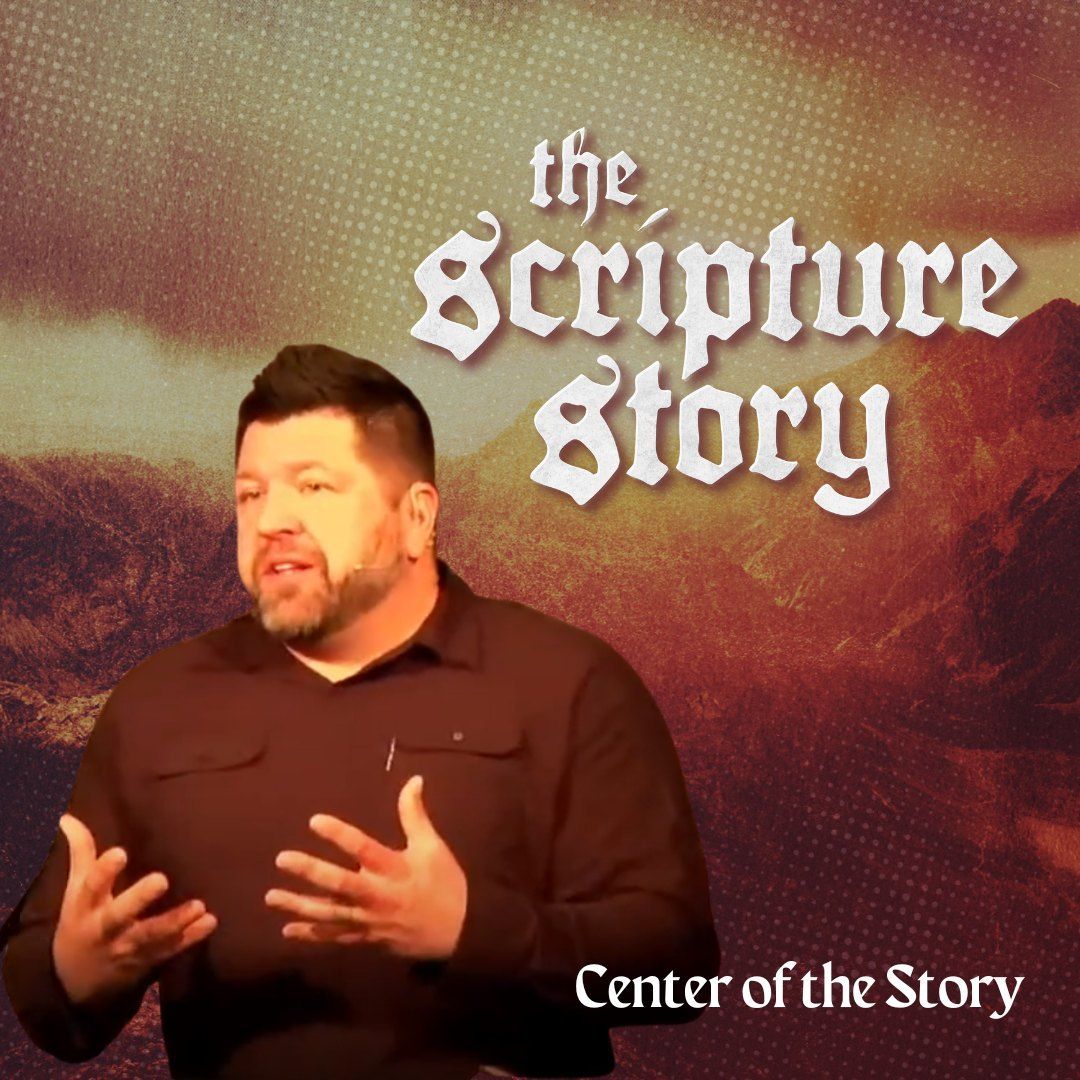
Week 2: Center the Story
Scripture: Matthew 5:17-20; 2 Timothy 3:14-17; John 5:39-40, 46-47
Jesus claimed that the entire Bible was about him, that he is the center of the Scriptures. This claim requires us to conclude that he was crazy or that he was correct. And if the latter, then we must decide what to do with such a claim. The message will also address the topic of what the inspiration of Scripture means and what it does not mean.
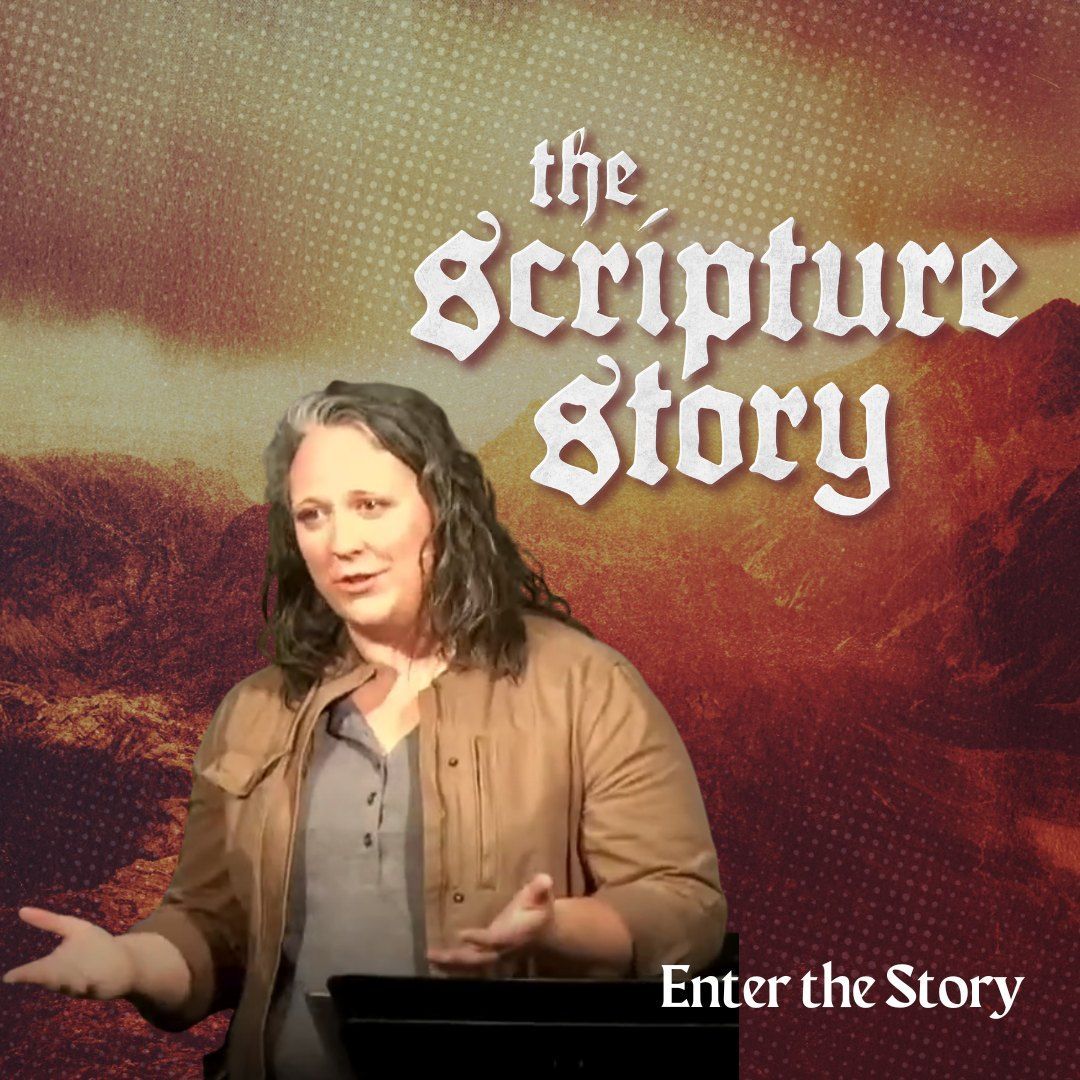
Week 3: Enter the Story
Scripture: Matthew 5:17-20; 1 Corinthians 15:3-4; Luke 24
The Bible is not just a text to study, it is a way to hear and know God through the central story of Jesus who delivers us from exile to the promised land. How do we find our place in the story?
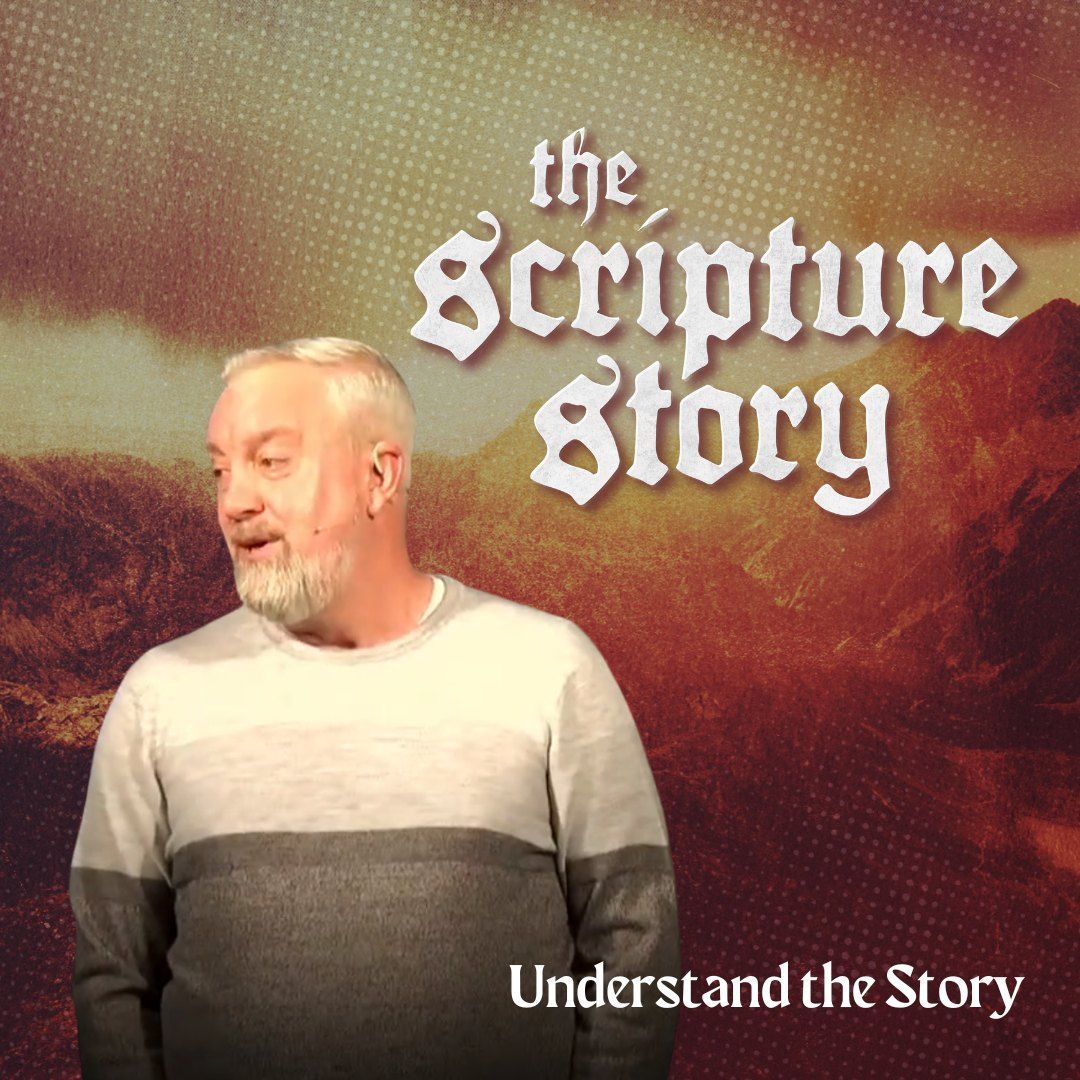
Week 4: Understand the Story
Scripture: Matthew 5:17-20
The Bible announces God’s good news. However, what do we do with the disturbing parts of Scripture, like the passages that depict God as promoting violence, animal sacrifice, or treating women as property? How do we understand the WHOLE story?

SERIES 2
Savor and Shine
Matthew 5:13-16
God’s people bring the flavor as we help dispel the darkness. Jesus takes us back to the basics by reminding us of this distinct effect we have on the world.

Week 1: Salty Soul
Scripture: Matthew 5:13-16
Jesus said, “You are the salt of the earth.” What are the functions of salt and what does this mean for us today? How does this shape the way we interact with the world?

Week 2: Light Life
Scripture: Matthew 5:13-16; John 8:1
Jesus said, “You are the light of the world.” In this sermon, we learn how being the light is much more than simply doing good deeds. It entails God’s call to be a distinct people who walk in covenant with him and shine forth an alternative pattern of living for all to see.

Week 3: Summit Shine
Scripture: Matthew 5:13-16; Isaiah 2:2-3
Jesus said that God’s people are a city on a hill, a blessed people who are called to be a blessing to others, giving forth light and hope. What does this mean in an Old Testament context, one that lies behind the words of Jesus? And what does this mean for us today?
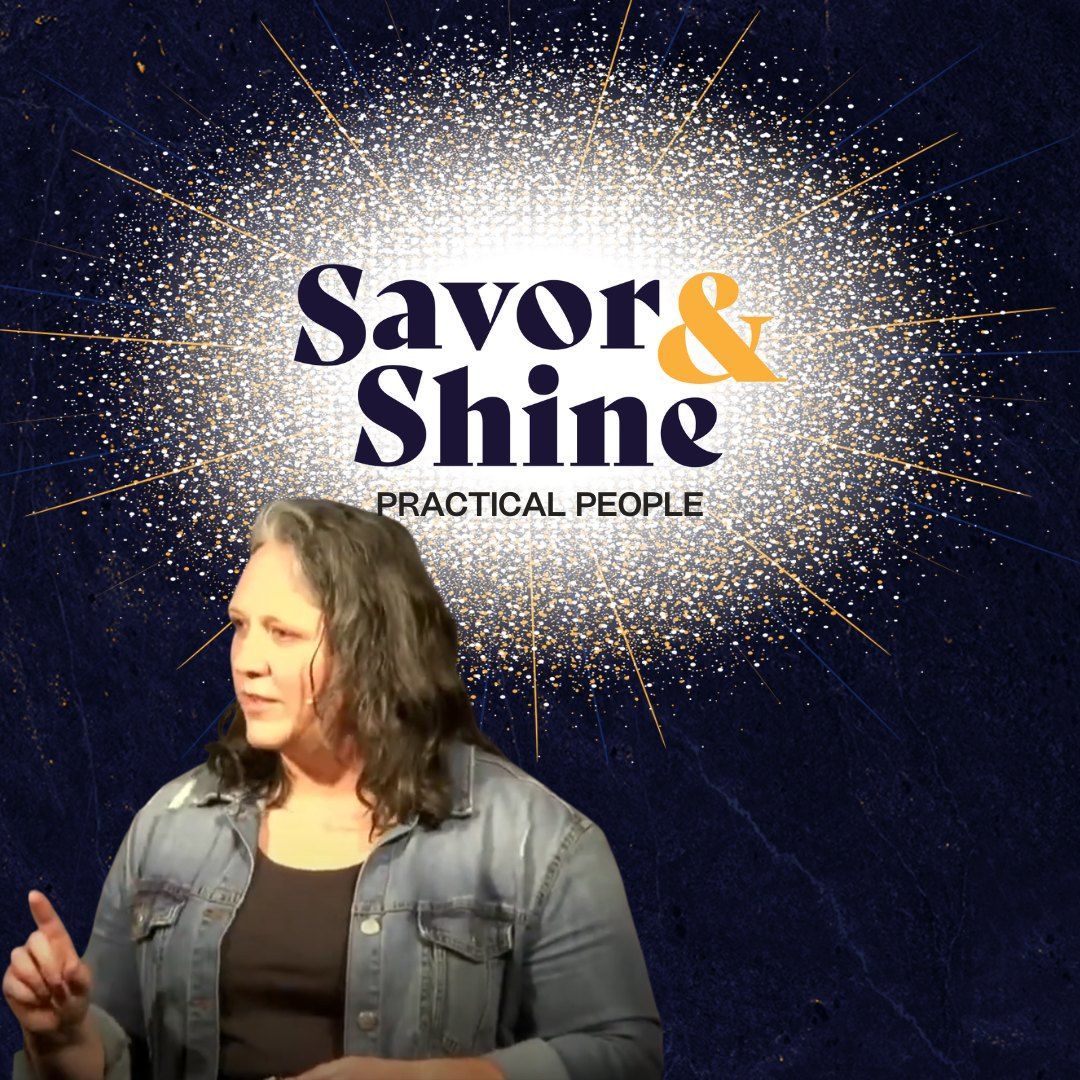
Week 4: Practical People
Scripture: Matthew 5:13-16; Matthew 9:36; Psalm 34:8
What does it mean for God’s people to be salt and light in practical terms? We’ll propose three practical ways that we can move toward and embrace this call of God upon our lives.

SERIES 1
Seriously, Jesus
Matthew 5:1-12
The Beatitudes are so surprising, beautiful and astonishing they leave us asking, “Seriously, Jesus?” But what if he is serious? Discover nine unexpected postures for a whole new way of being human that’s for everyone. Whatever your story, whatever your struggle, wherever you find yourself, this life is available to you. Seriously.

Week 1: Jesus. Seriously.
Scripture: Matthew 11:27-28, 1 Corinthians 15:3-8
We will introduce the Sermon on the Mount by asking why we should trust the words of Jesus in Matthew 5-7. Christ is the expert of all experts, which is why his teaching must be heeded.

Week 2: Poor, Seriously?
Scripture: Matthew 5:3
The first beatitude opens with a teaching on being poor in spirit, which refers to an attitude one has before God. Rather than being self-reliant, we realize we are broken and dependent upon God for life.

Week 3: Mourn, Seriously?
Scripture: Matthew 5:4
Because God’s people know how things should be and see God’s beauty in contrast to the ugliness of the world, we are blessed as we mourn for God to come and bring his deliverance.

Week 4: Meek, Seriously?
Scripture: Matthew 5:5, Psalm 37:10-15
When we see everyone, including ourselves, as much-loved children of God who live as equal brothers and sisters, we can be both confident and humble. This meekness becomes God’s blessing as we are humiliated and oppressed by others and by systems.

Week 5: Hunger, Seriously?
Scripture: Matthew 5:6
We often fall into the trap of hungering and thirsting after idols that lead us empty and restless. To hunger and thirst for righteousness is to long for and chase after the life that we can only find in the of Christ.

Week 6: Merciful, Seriously?
Scripture: Matthew 5:7, James 2:13
In the midst of a culture of perpetual judgment, God has called the church to be a people of mercy. We will receive mercy to the degree that we offer mercy, and judgment to the degree that we judge.

Week 7: Pure, Seriously?
Scripture: Matthew 5:8
Our world offers continual distractions that overwhelm us and keep us from purity of heart by hindering our ability to notice God at work in and around us. Purity of heart is the gift of a single-minded focus on the one thing that matters most.

Week 8: Woe, Seriously?
Scripture: Luke 6:23-26, Matthew 10:39
Luke’s version of the Sermon on the Mount includes four woes that contrast with The Beatitudes. Jesus addresses those are the opposite of blessed because they’ve embraced idols and are losing life, even though they think they’ve found it.

Week 9: Peacemakers, Seriously?
Scripture: Matthew 5:9, Ephesians 6:12
In a world where violence is promoted as the solution to conflict, Jesus teaches us that God's children are to be those who live in and offer peace.
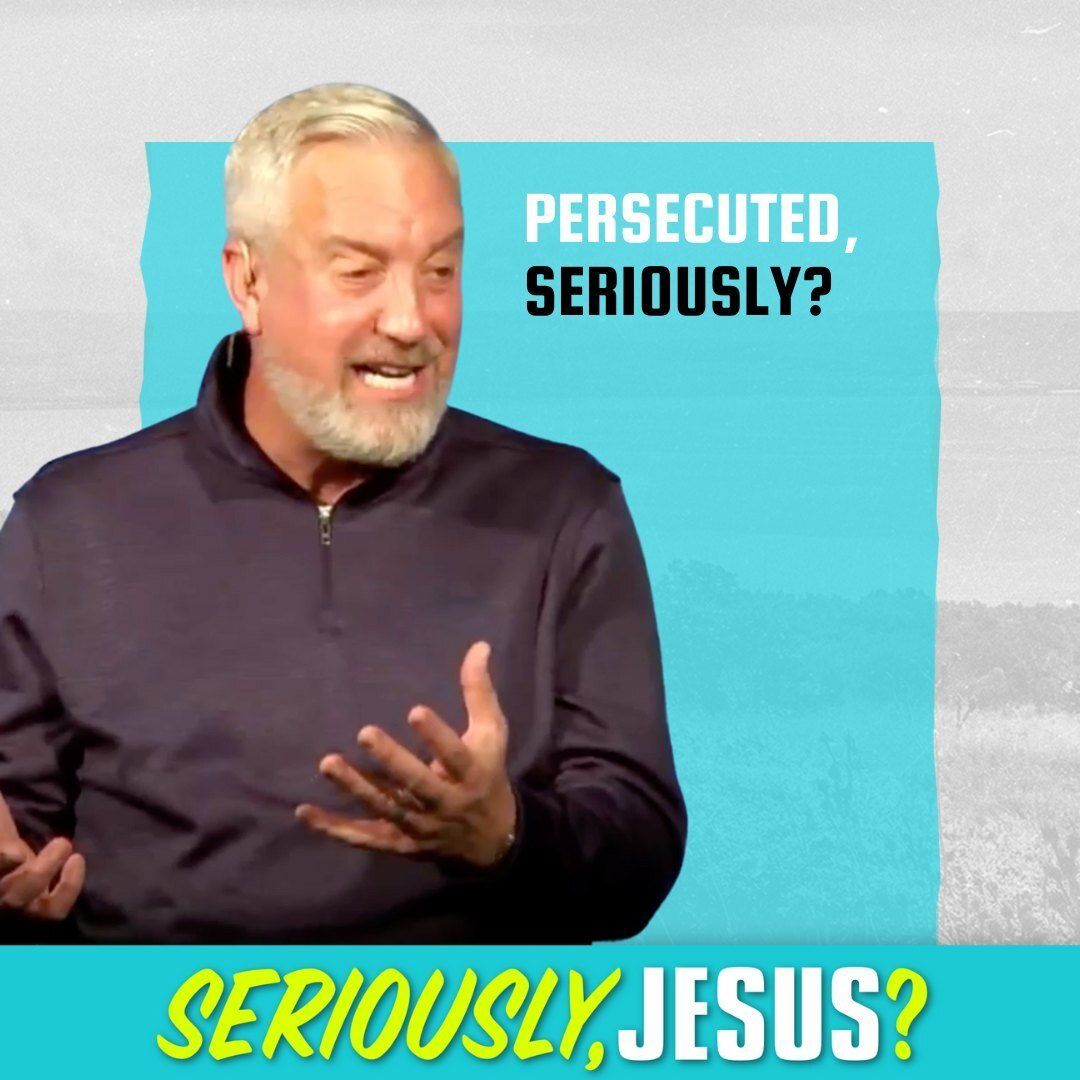
Week 10: Persecuted, Seriously?
Scripture: Matthew 5:10-12
A refusal to make enemies of others or to embrace an “us vs. them” mindset is the real cause of persecution that leads to blessedness. By opting out of this game, we no longer fit on either side and persecution becomes the norm.


